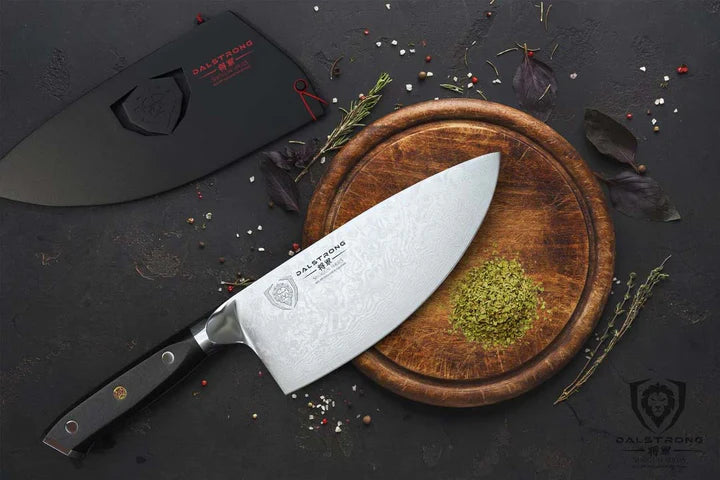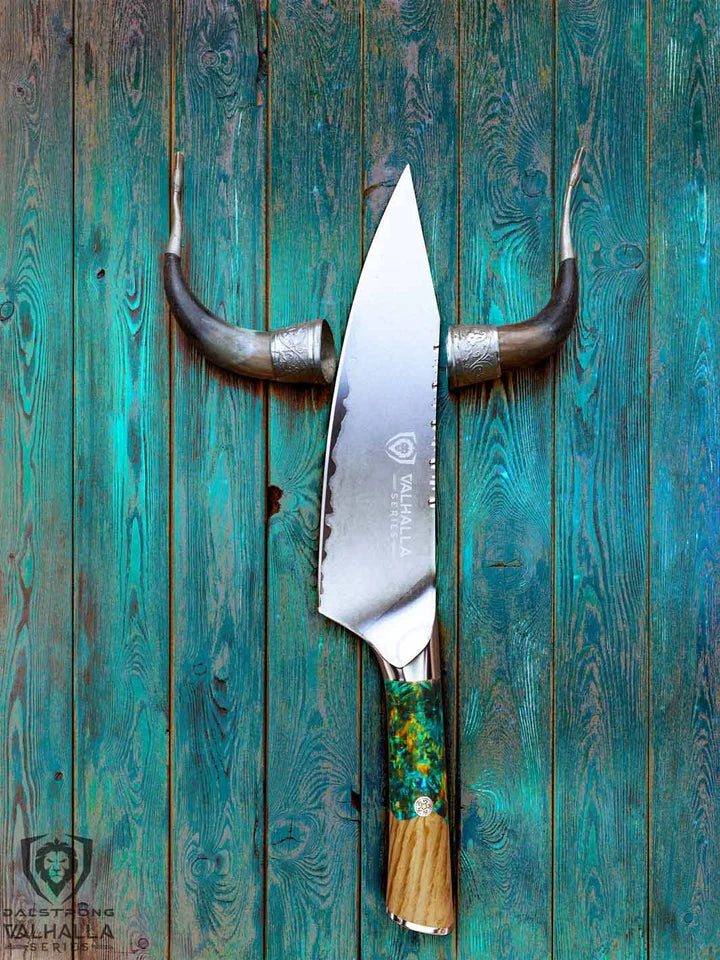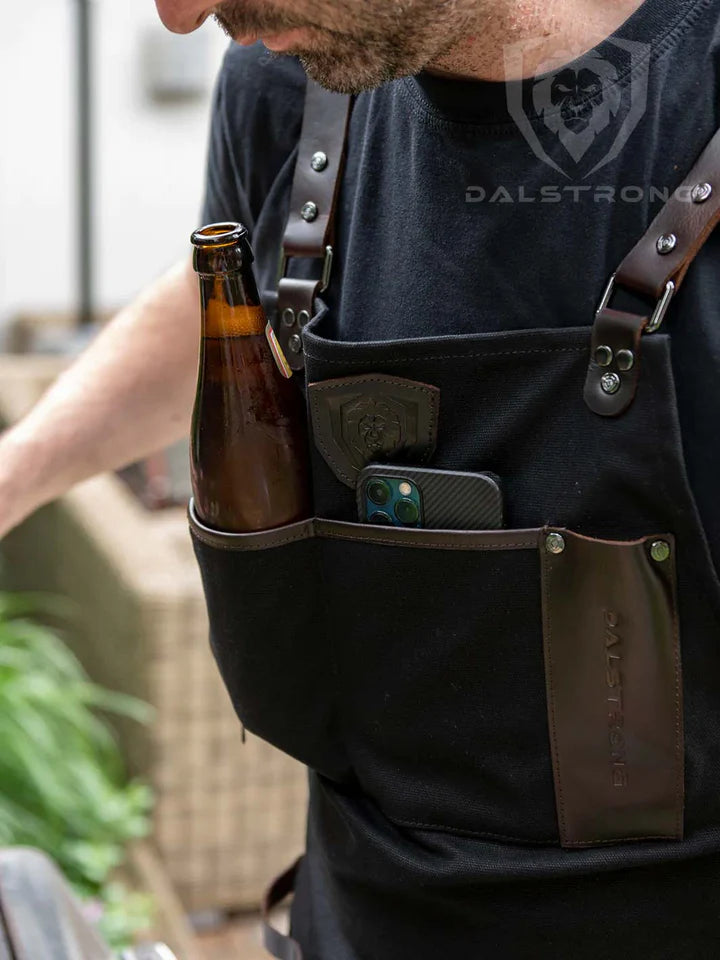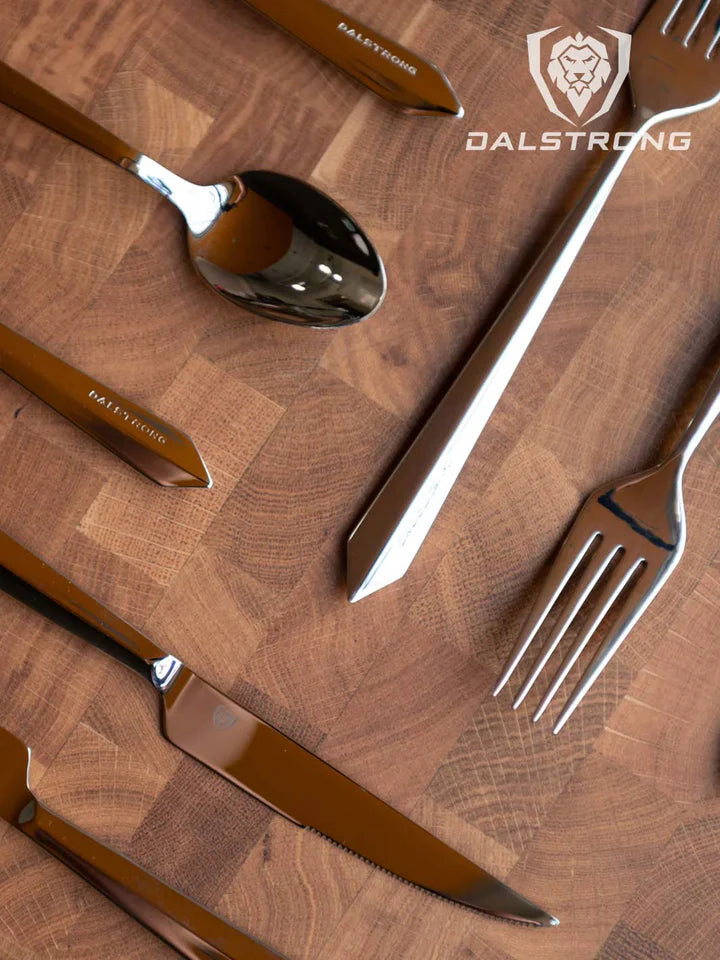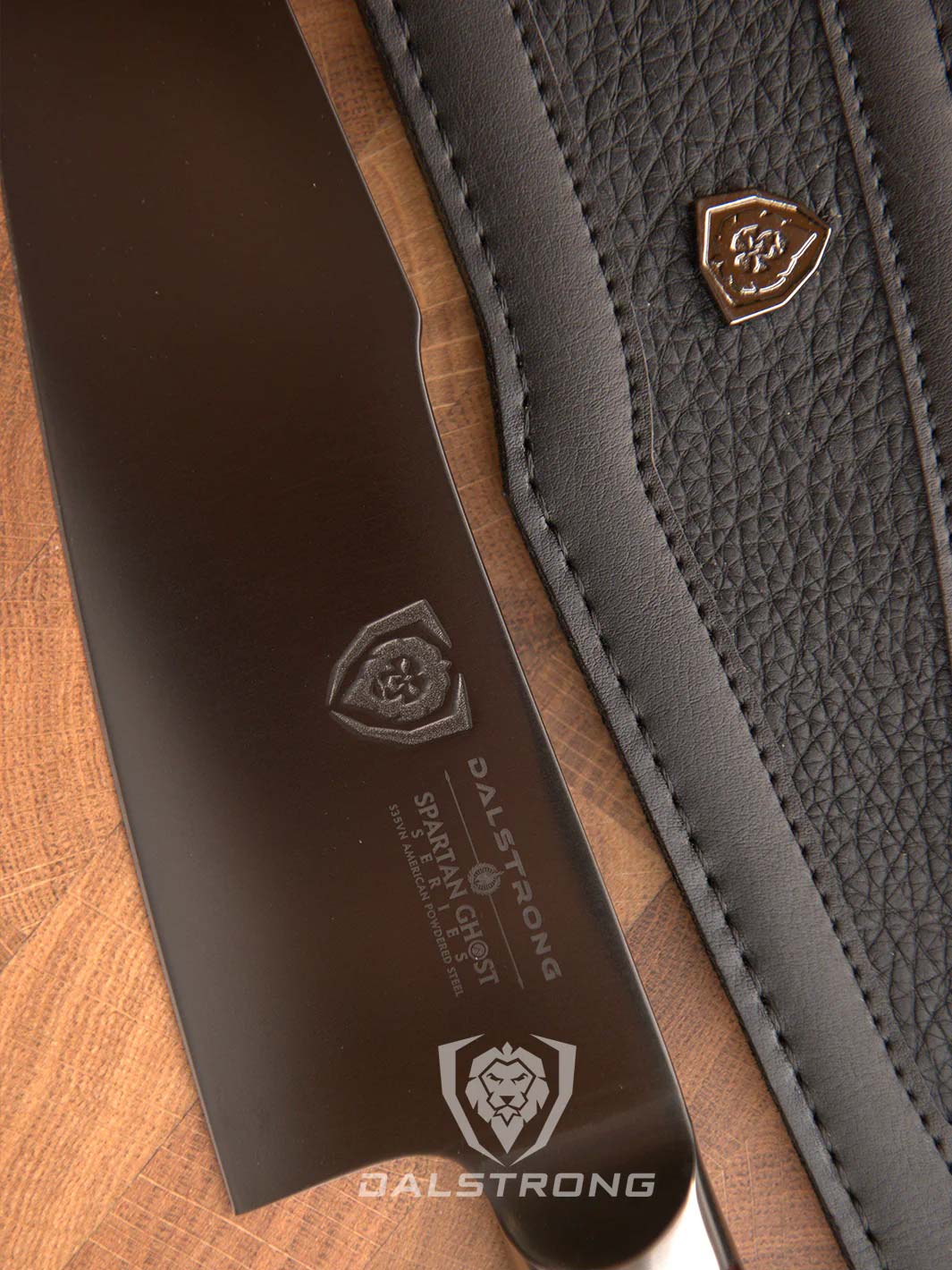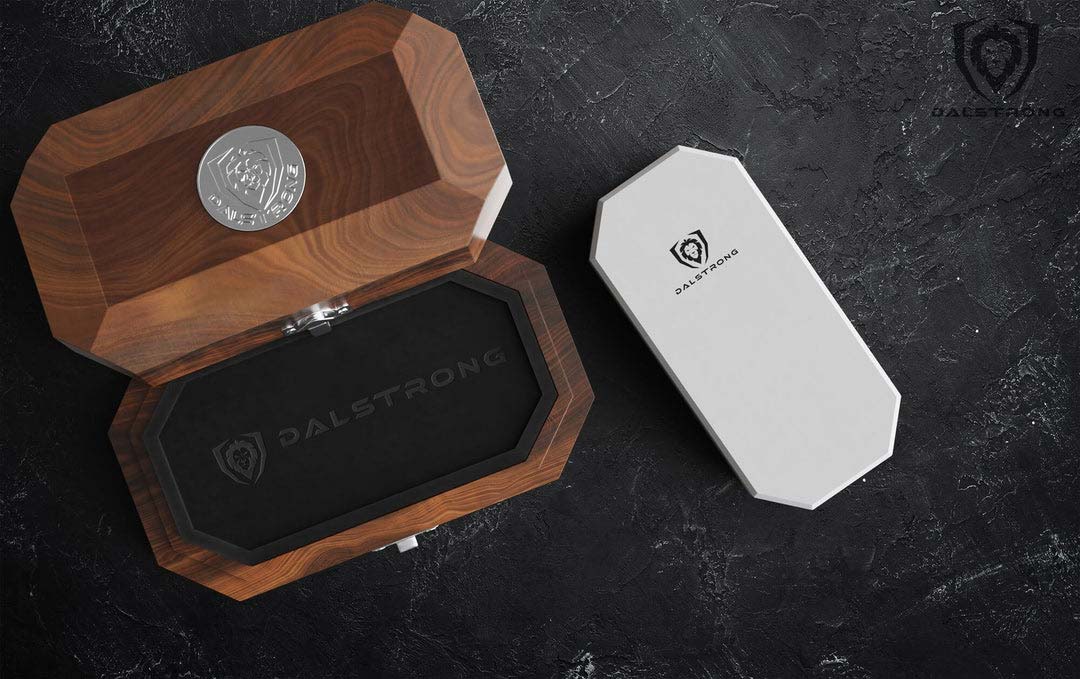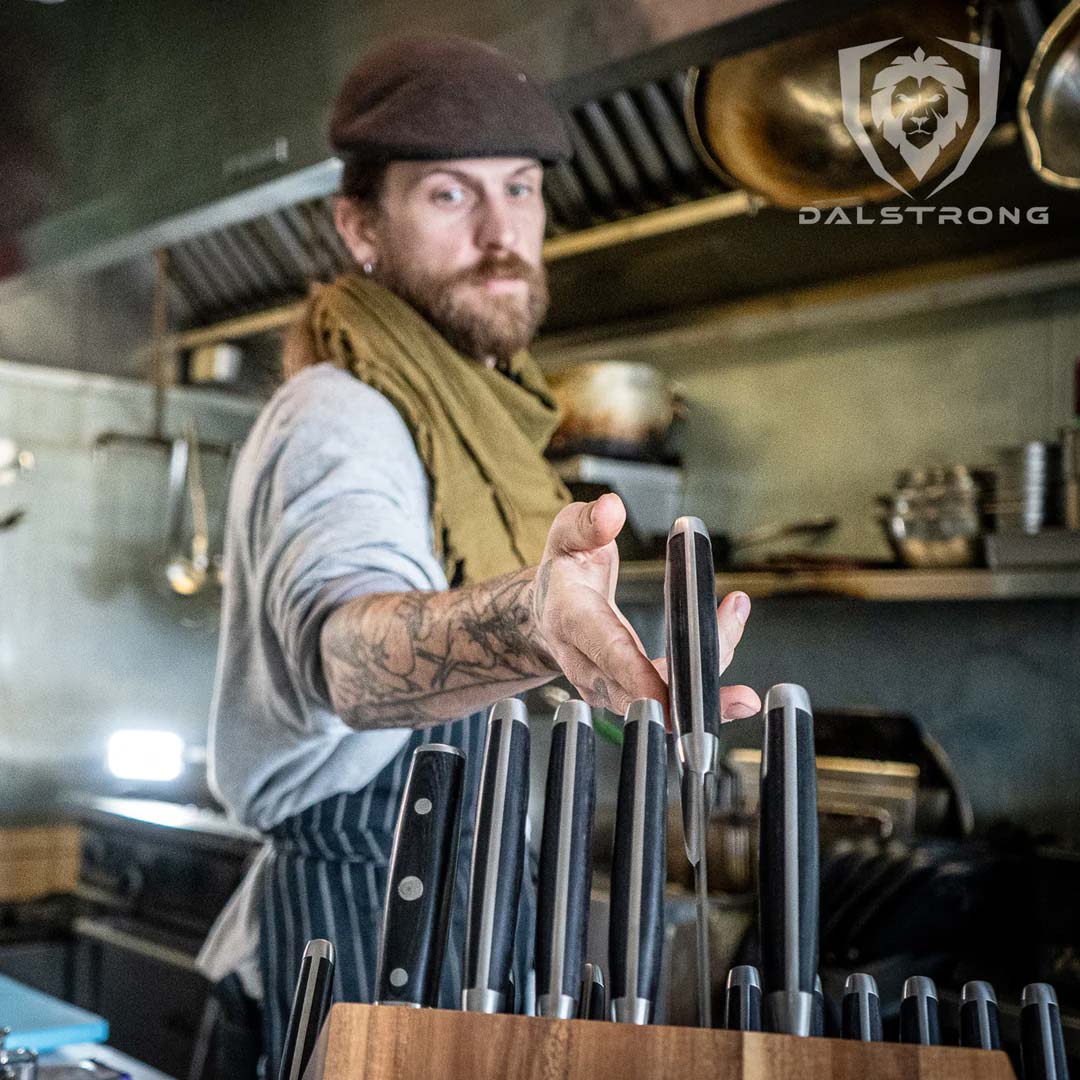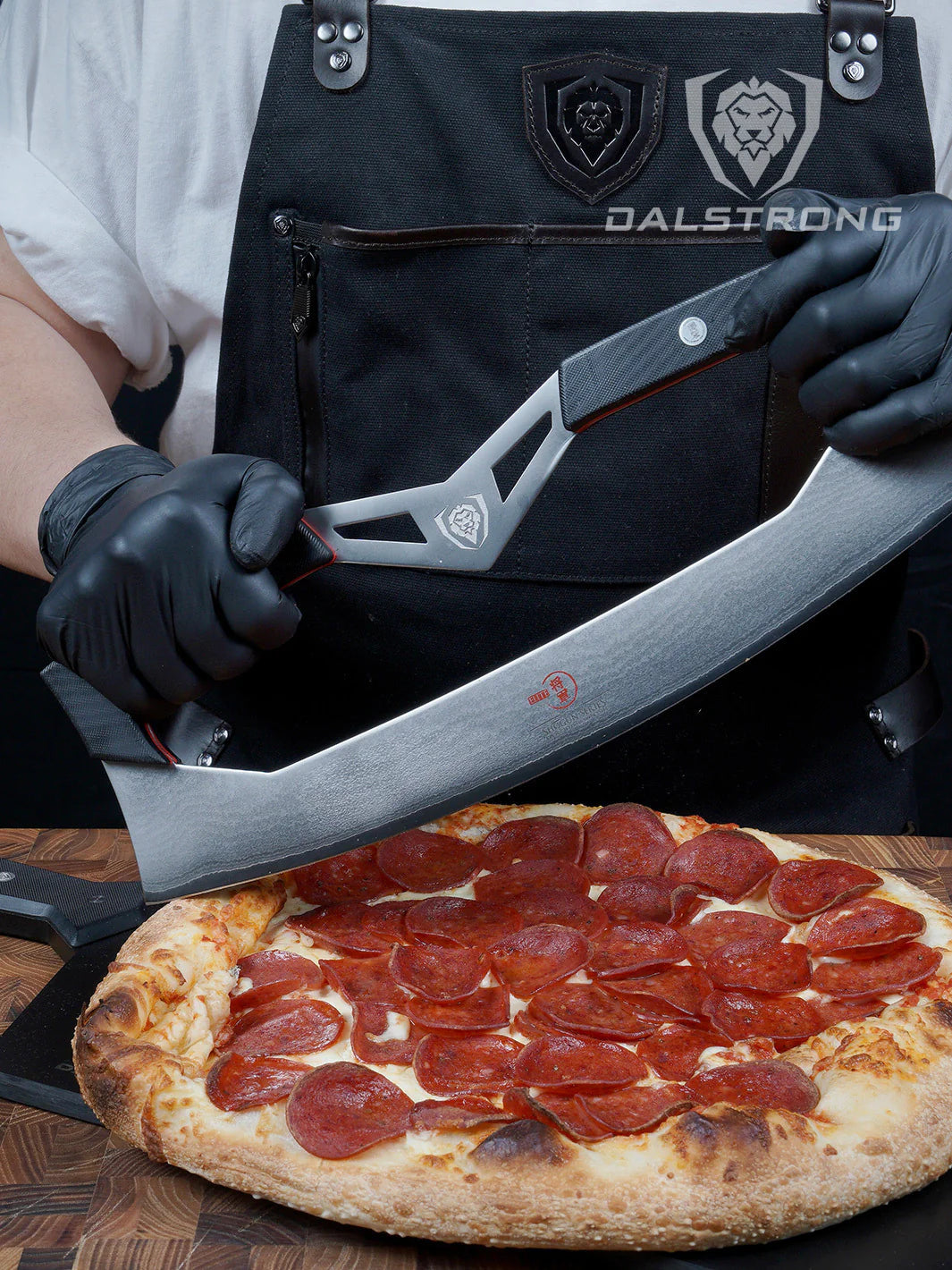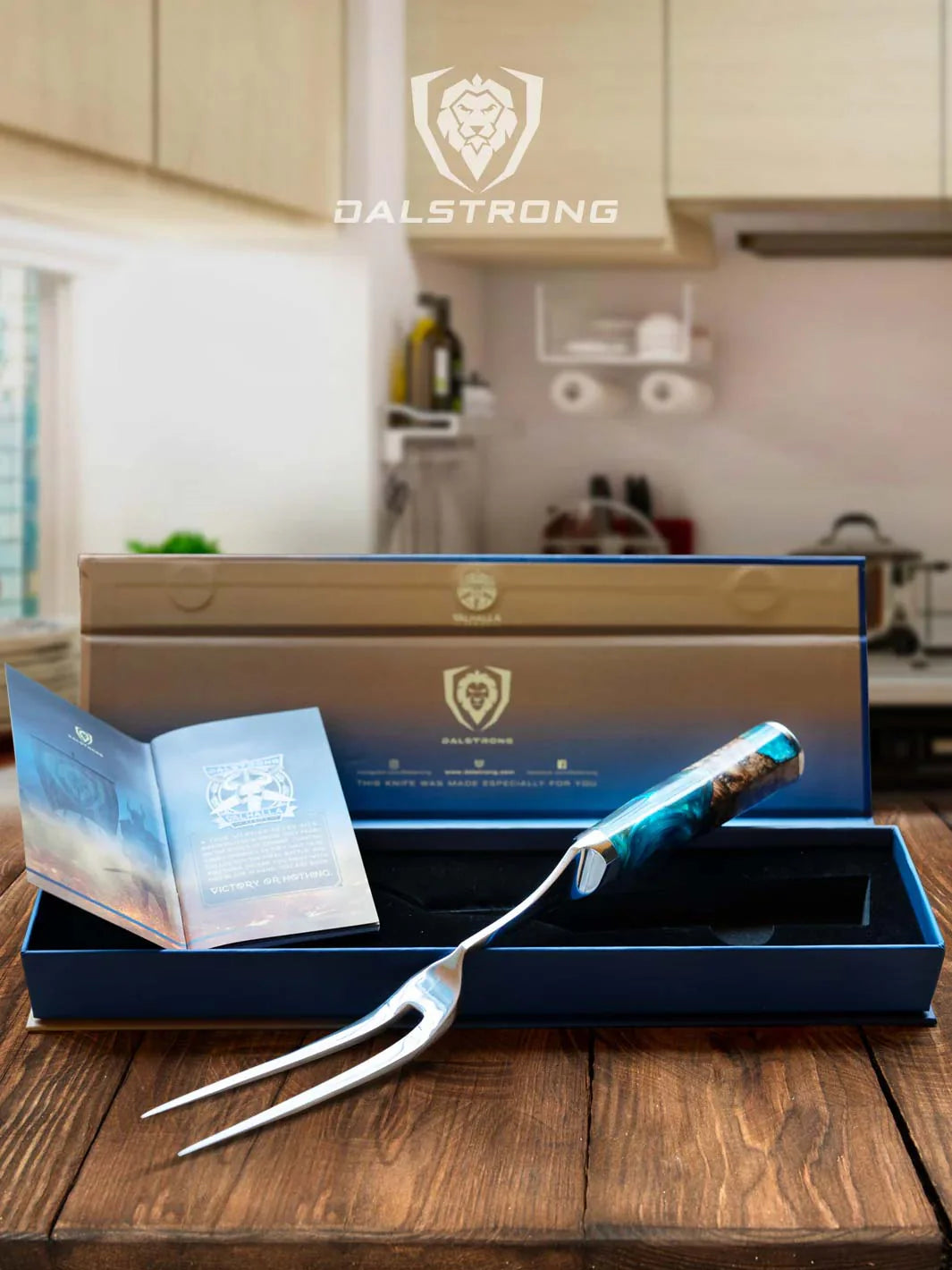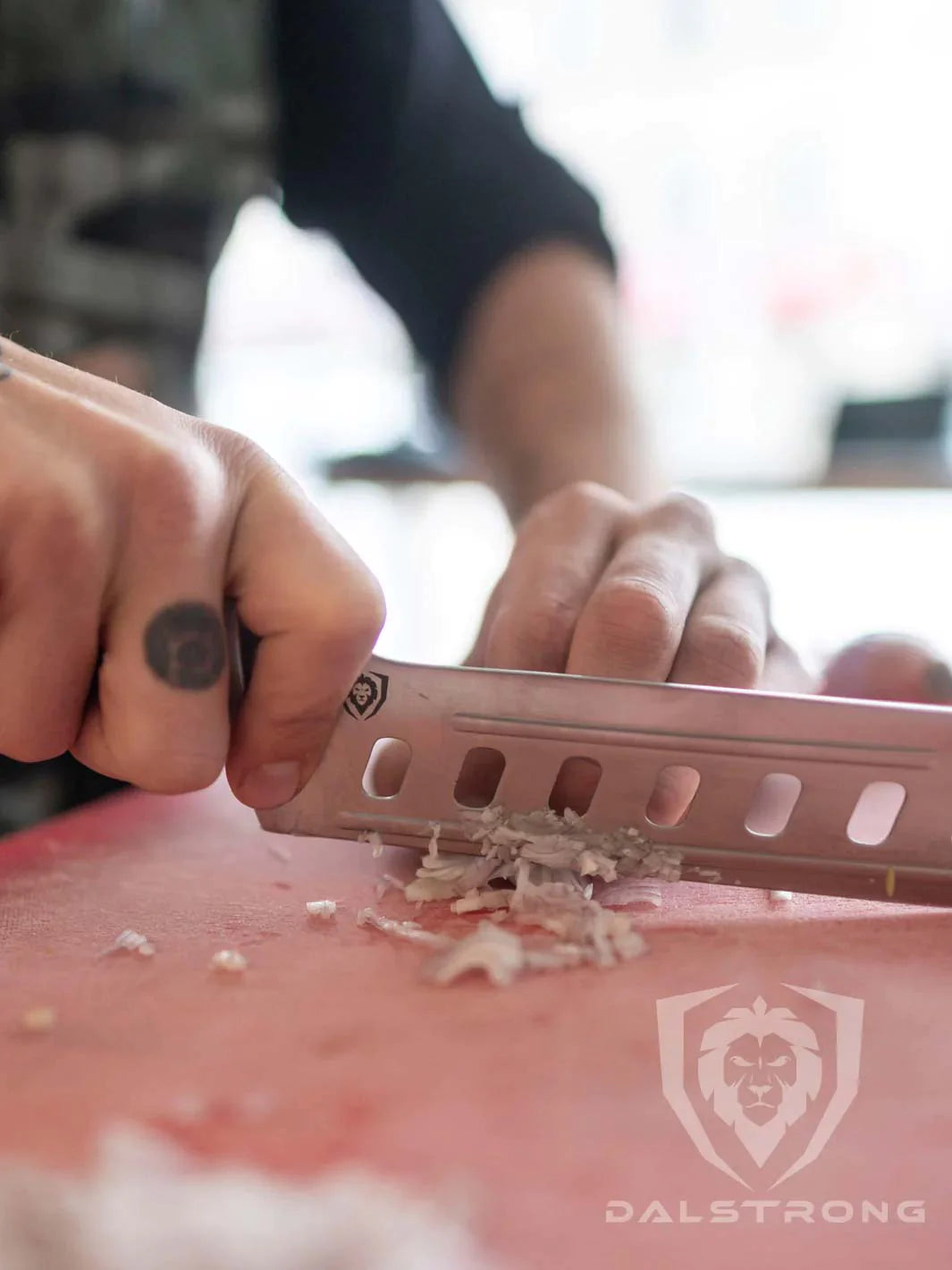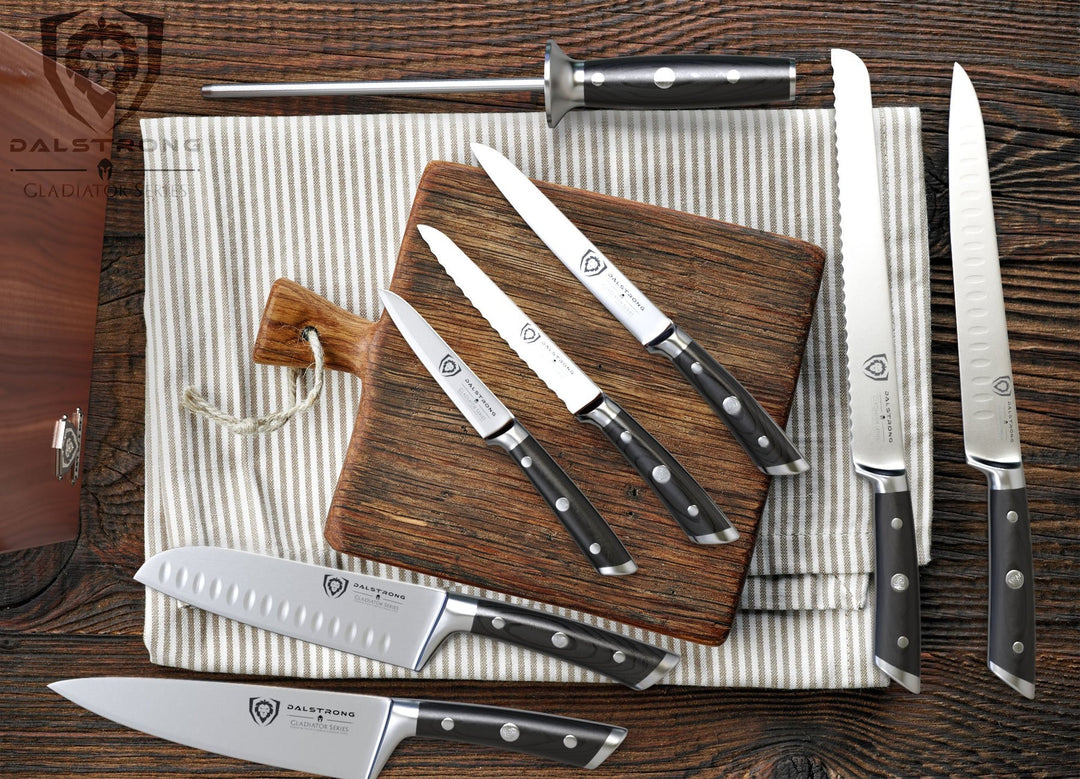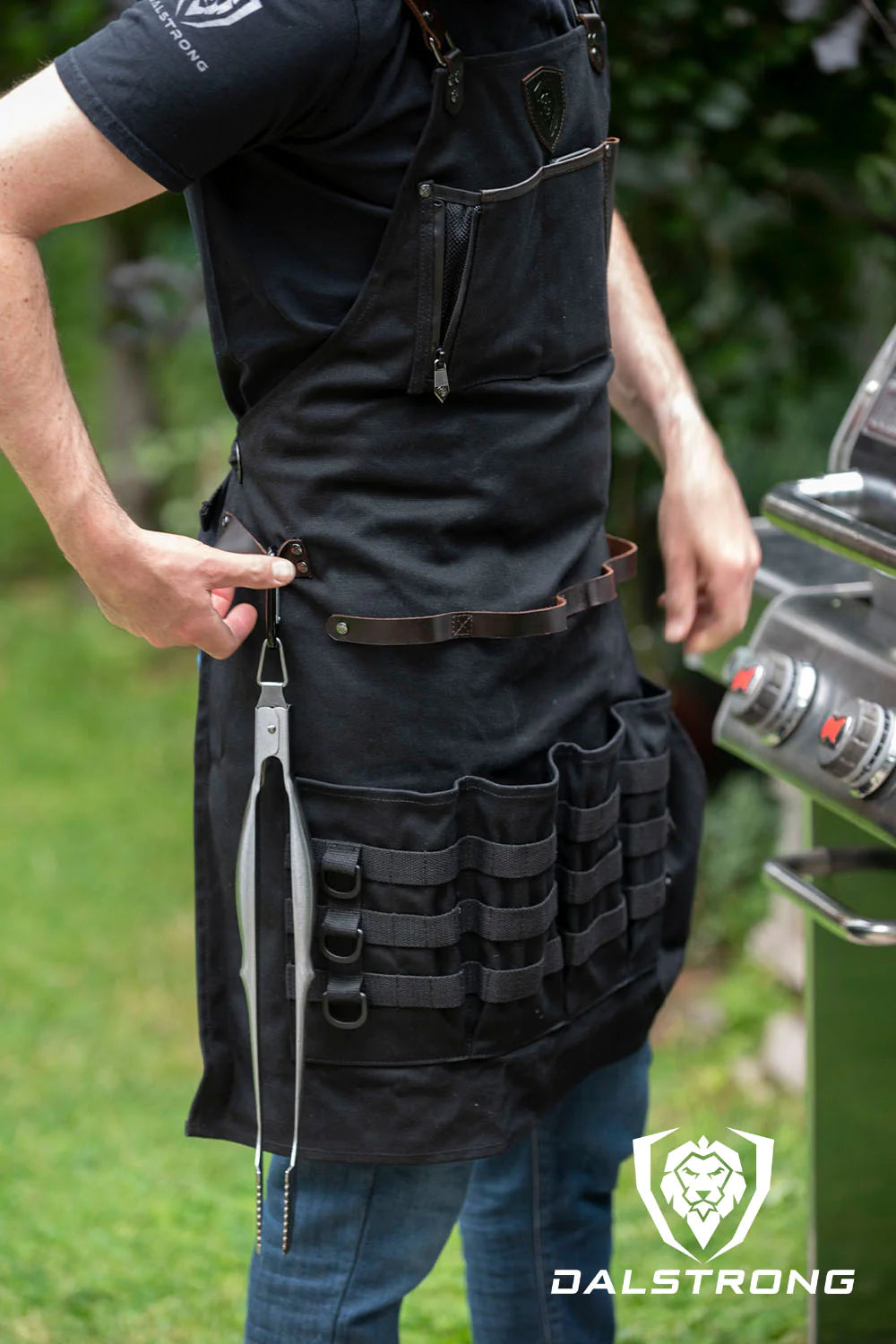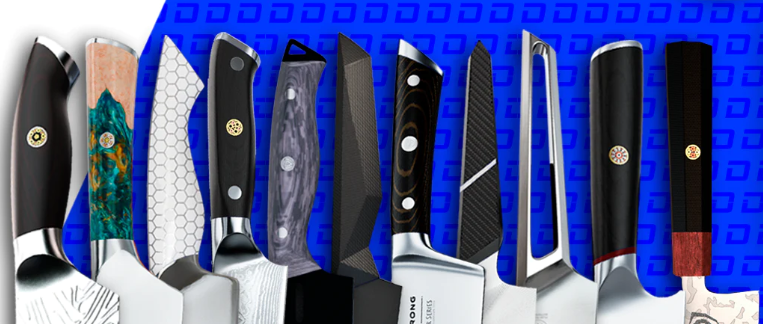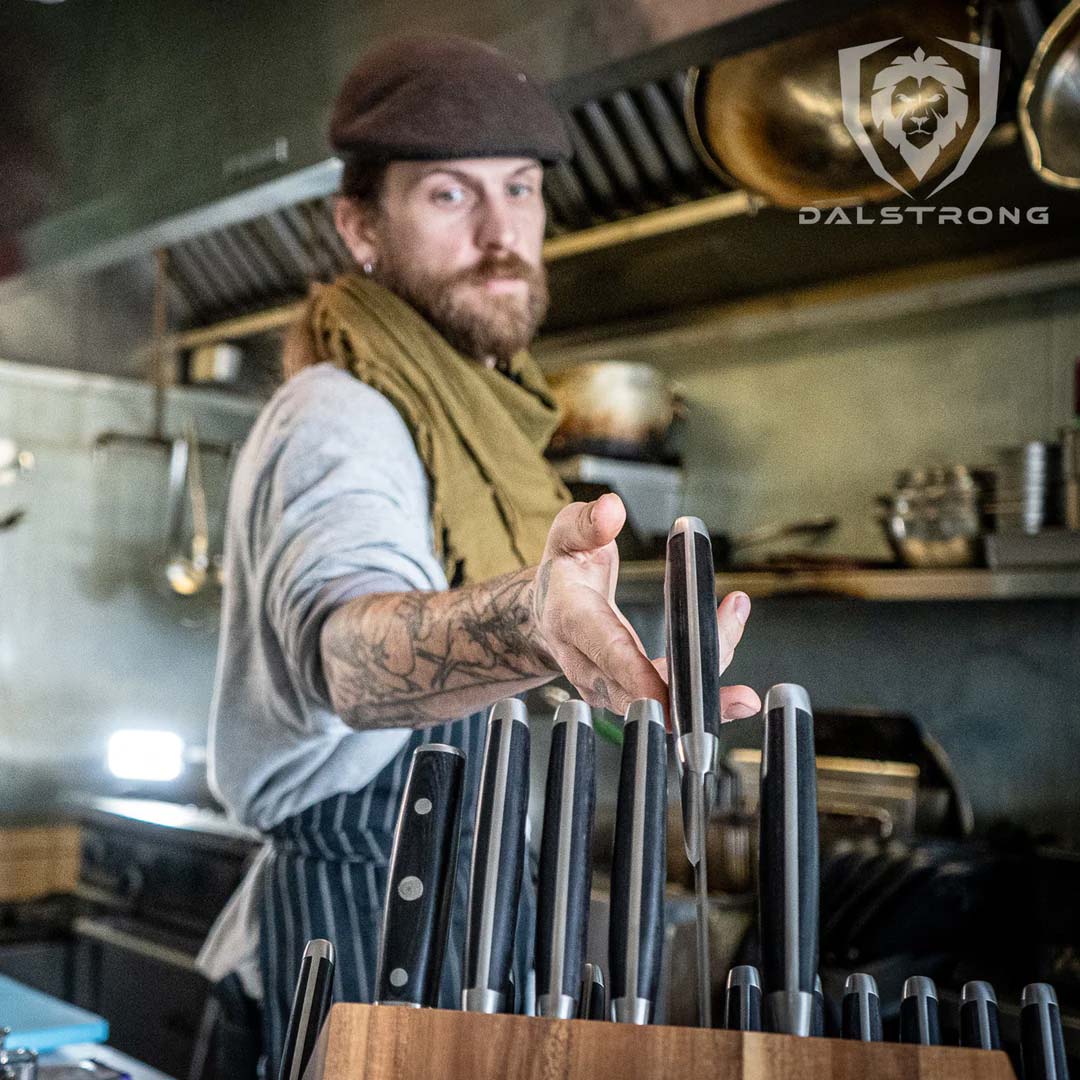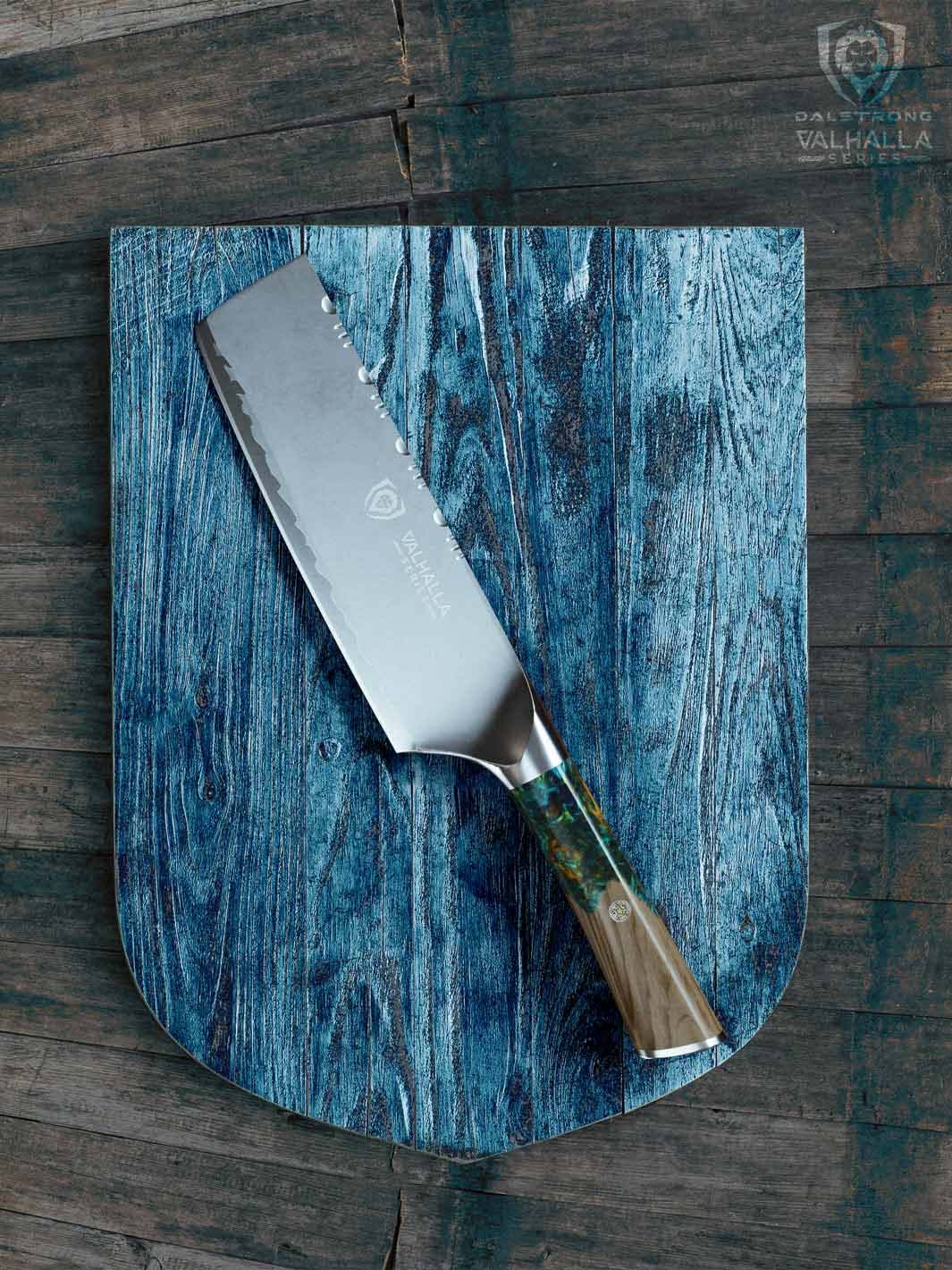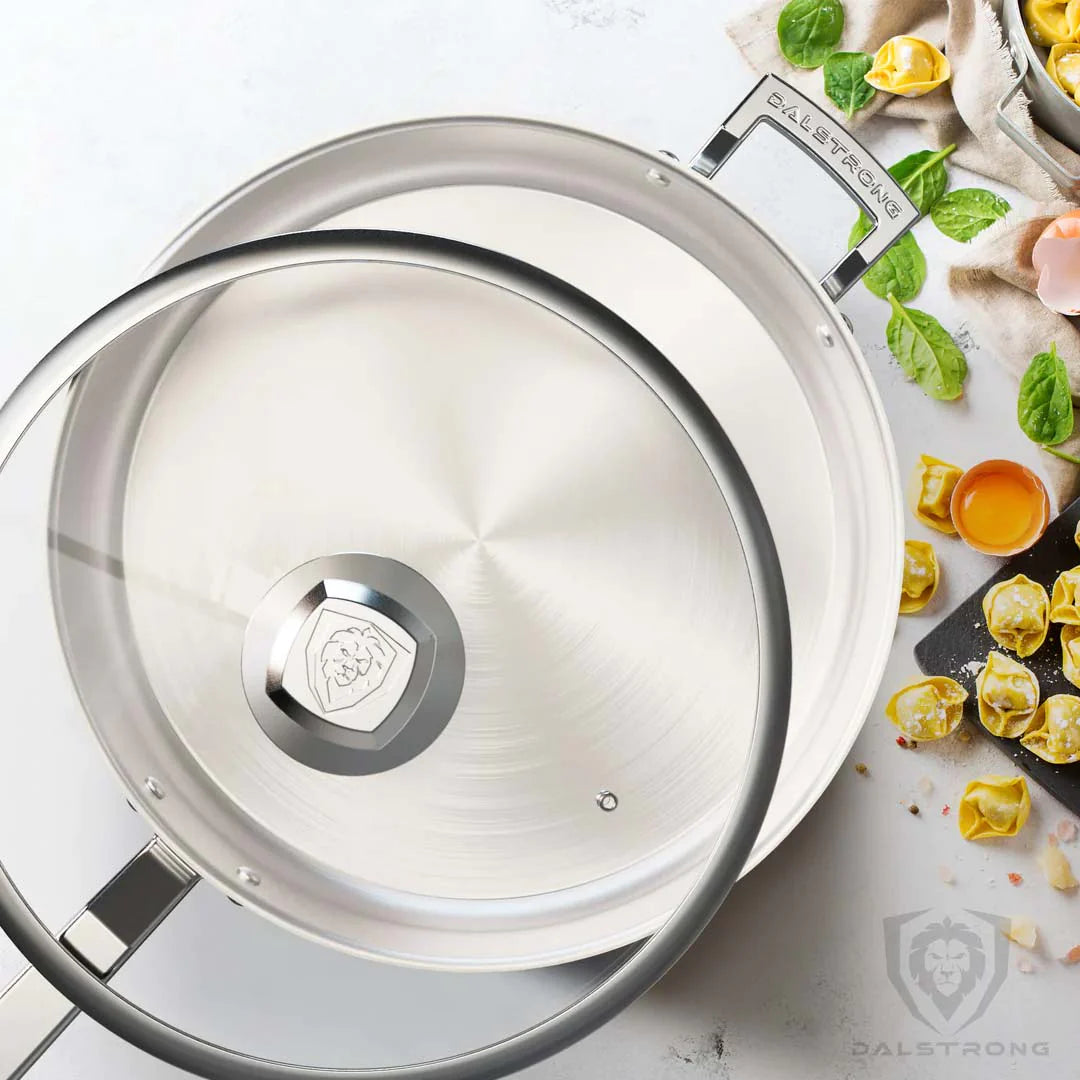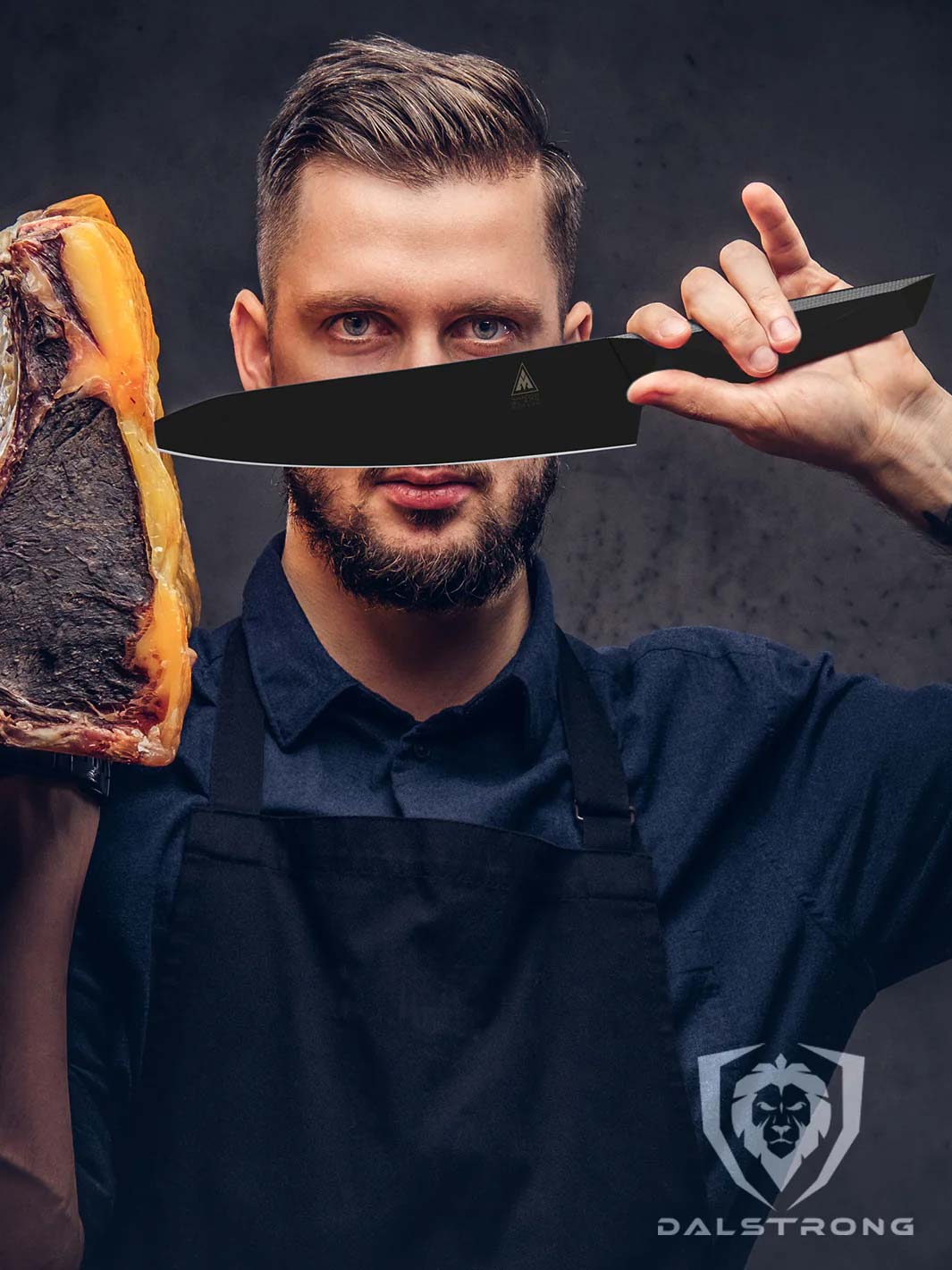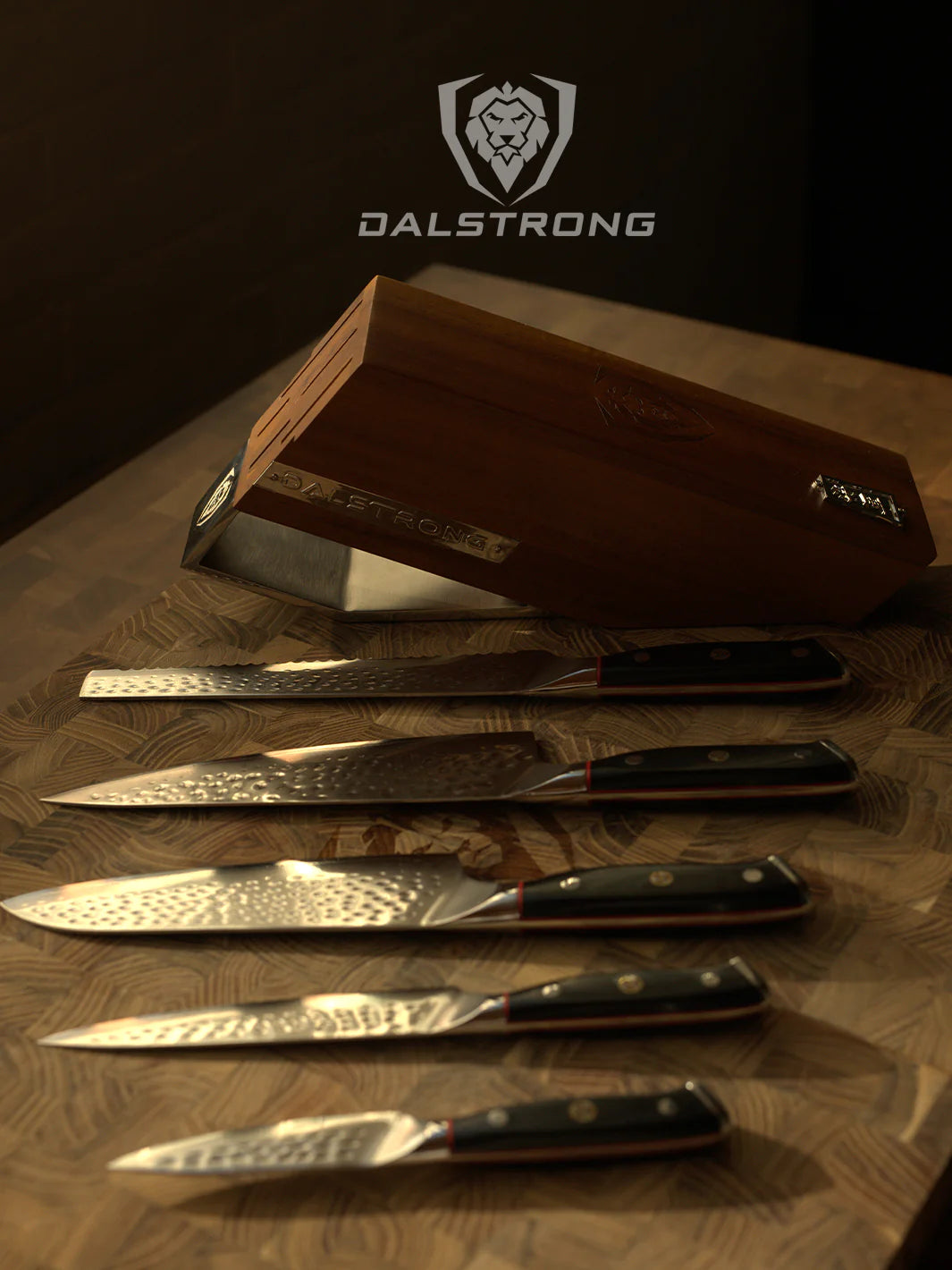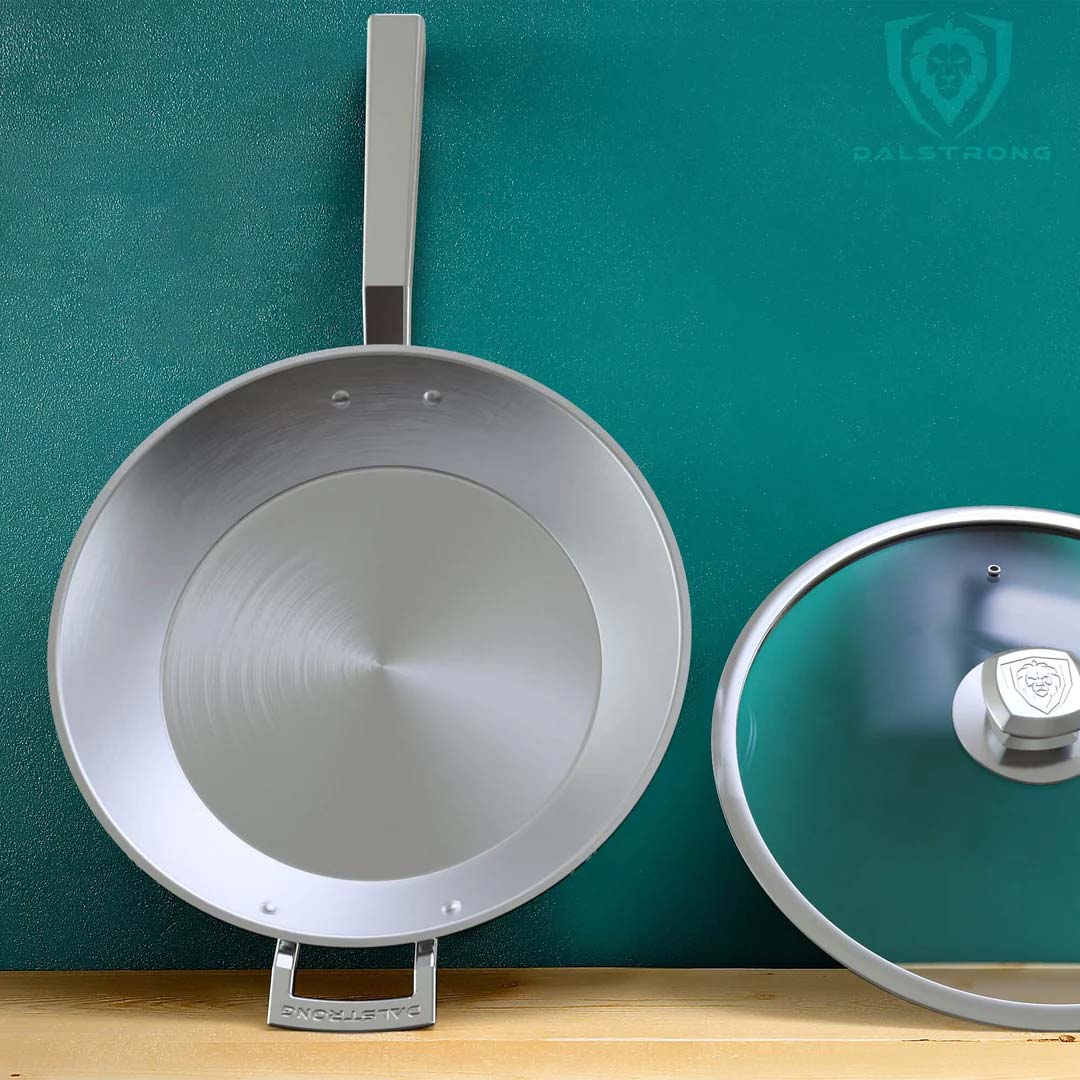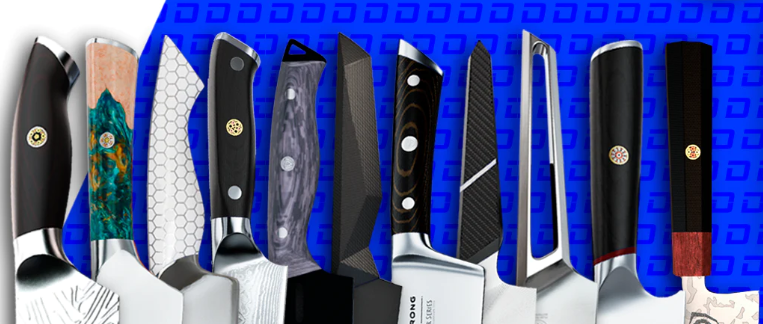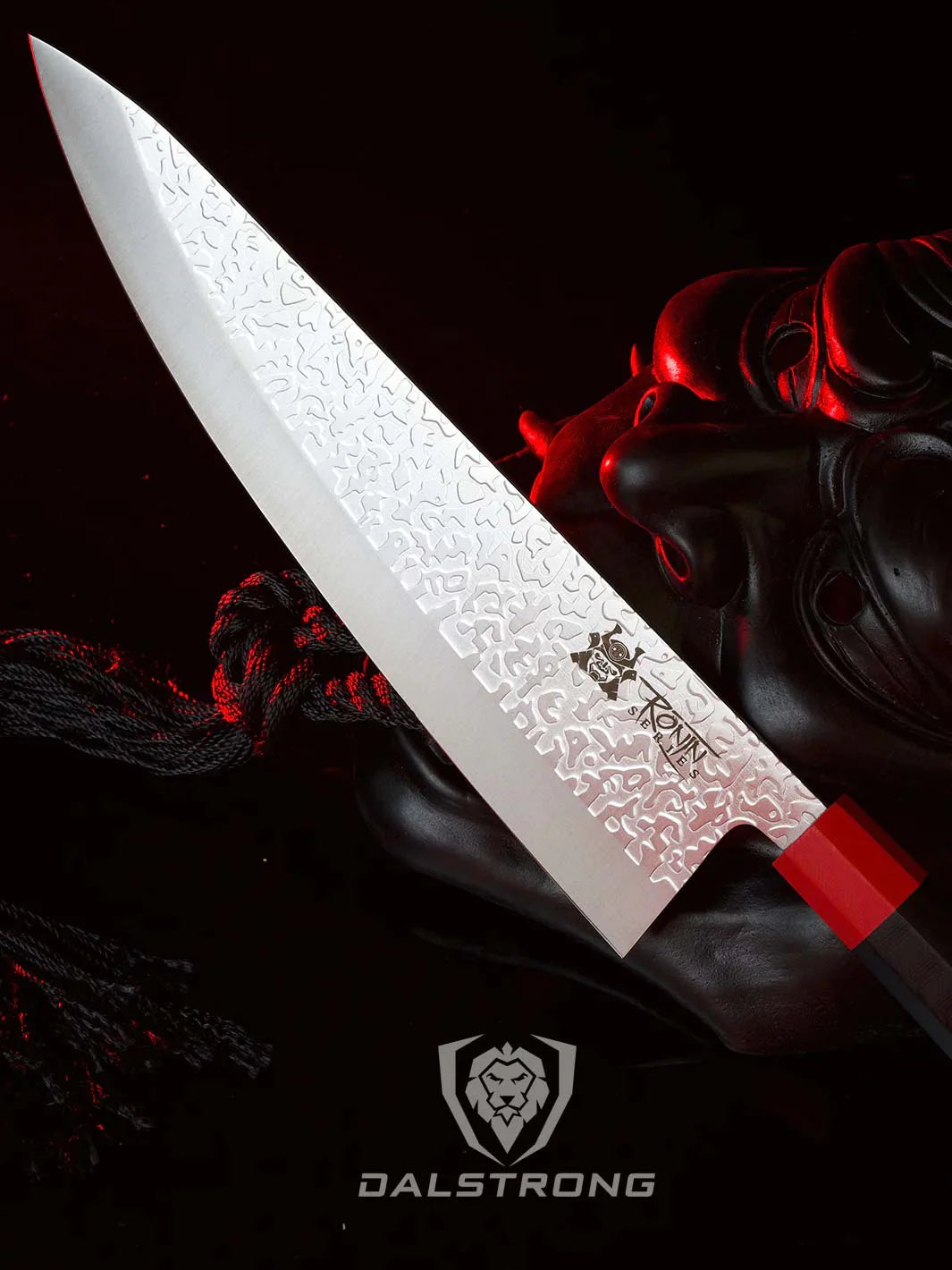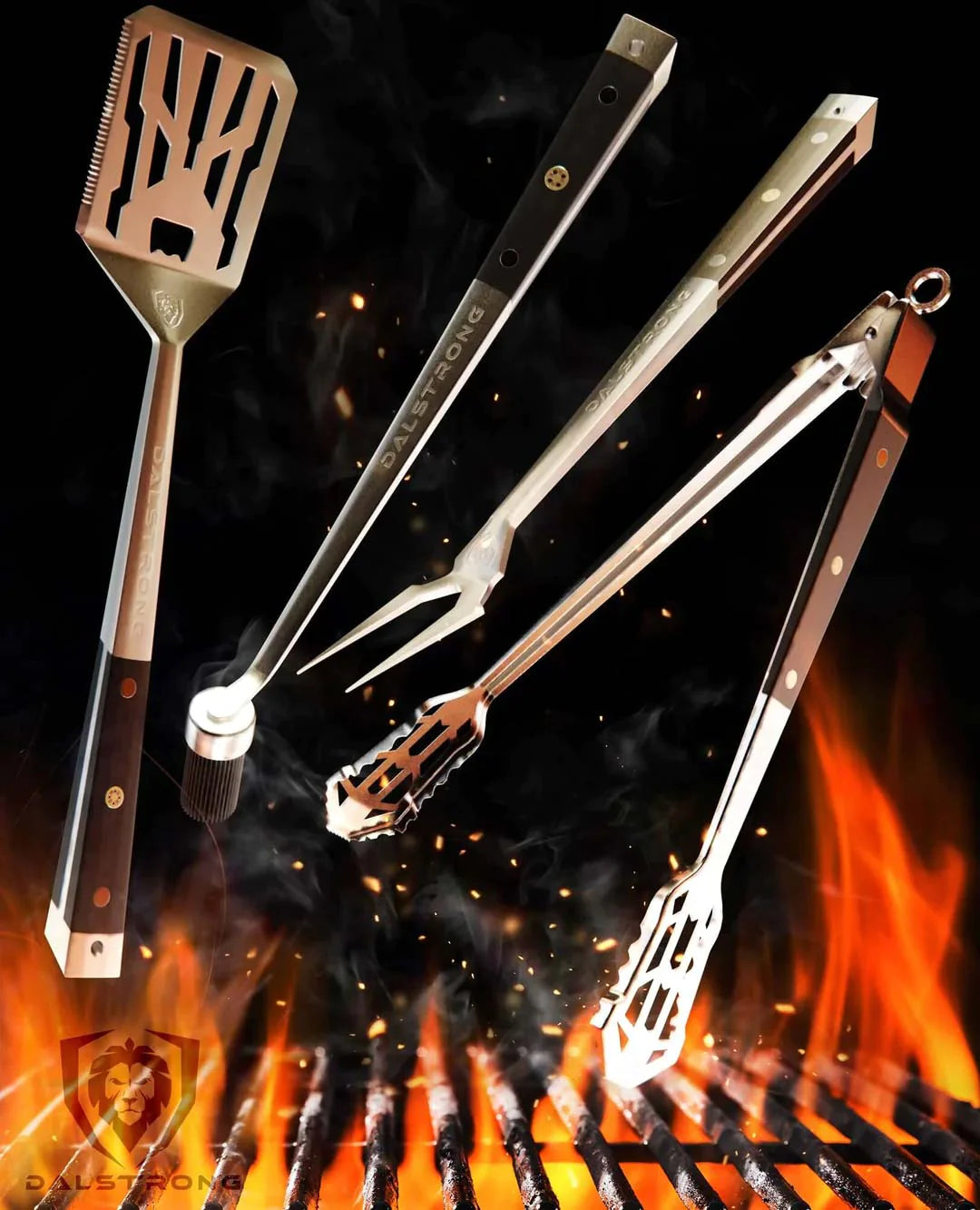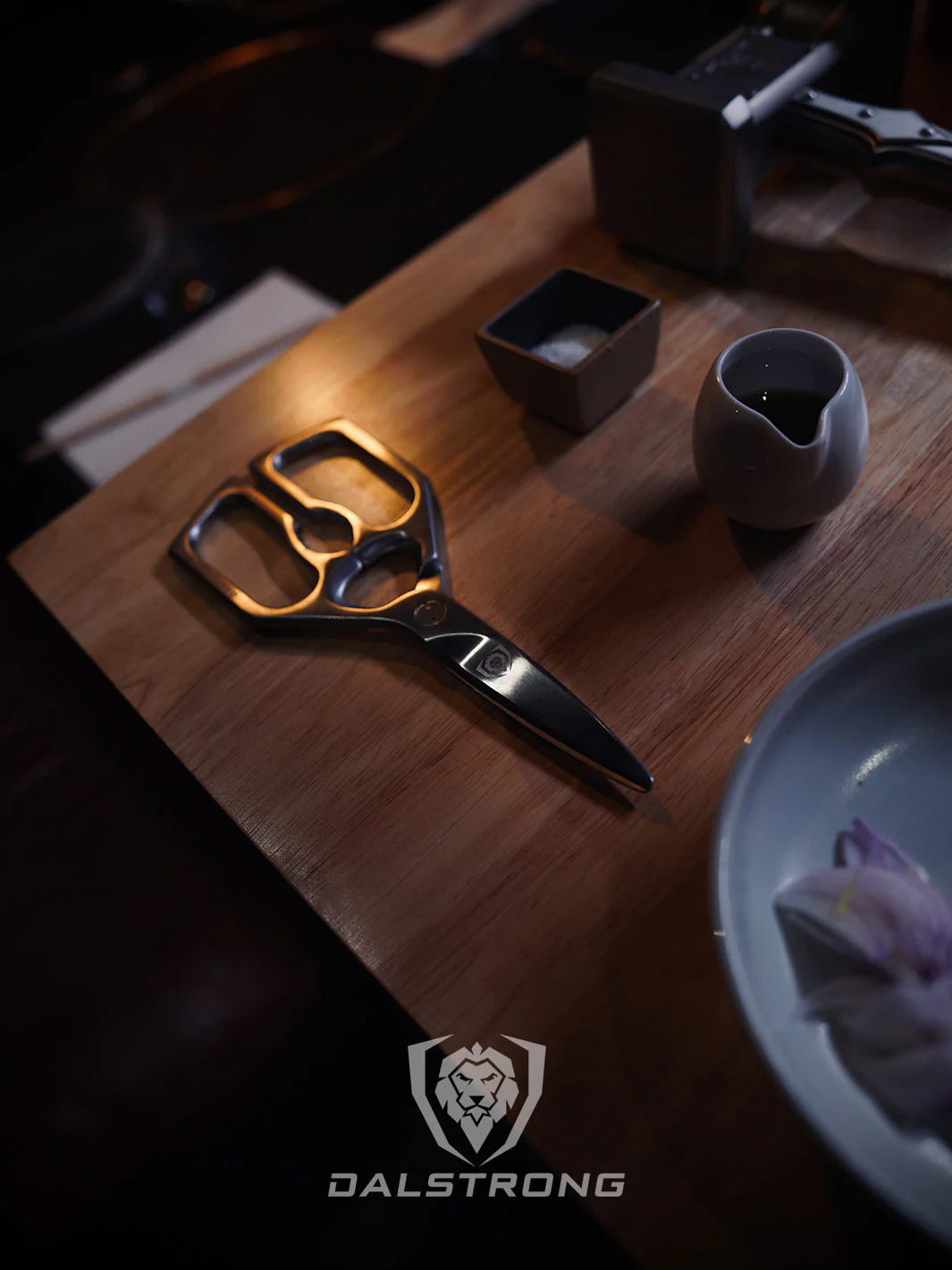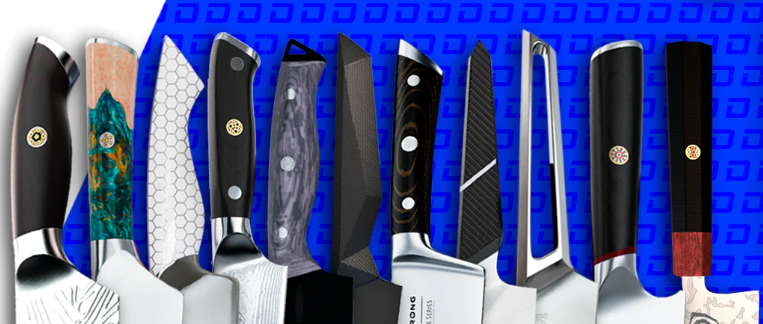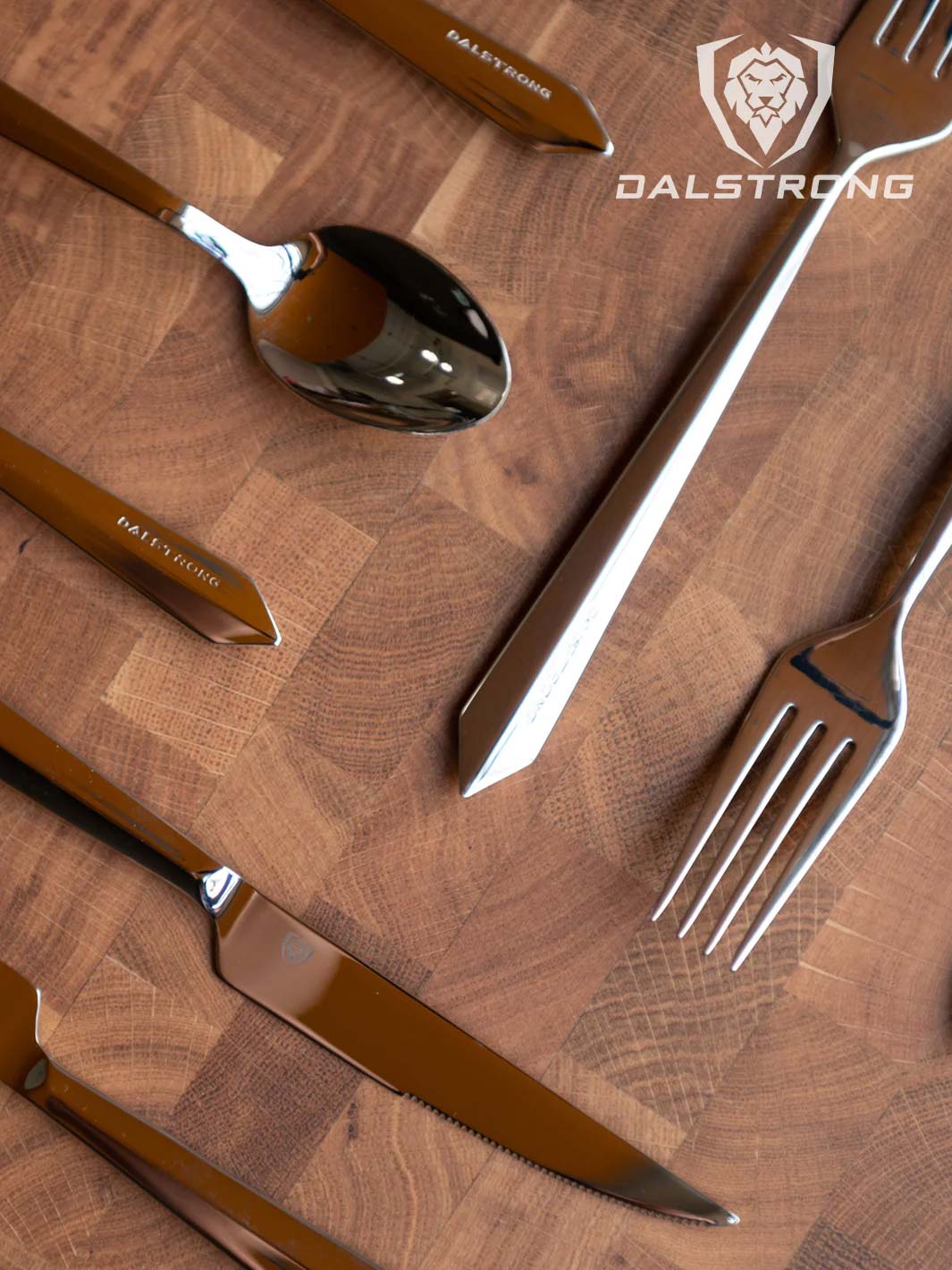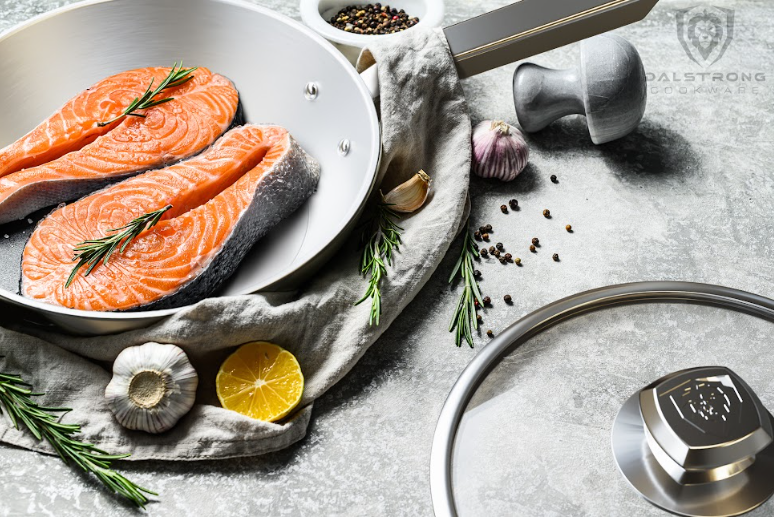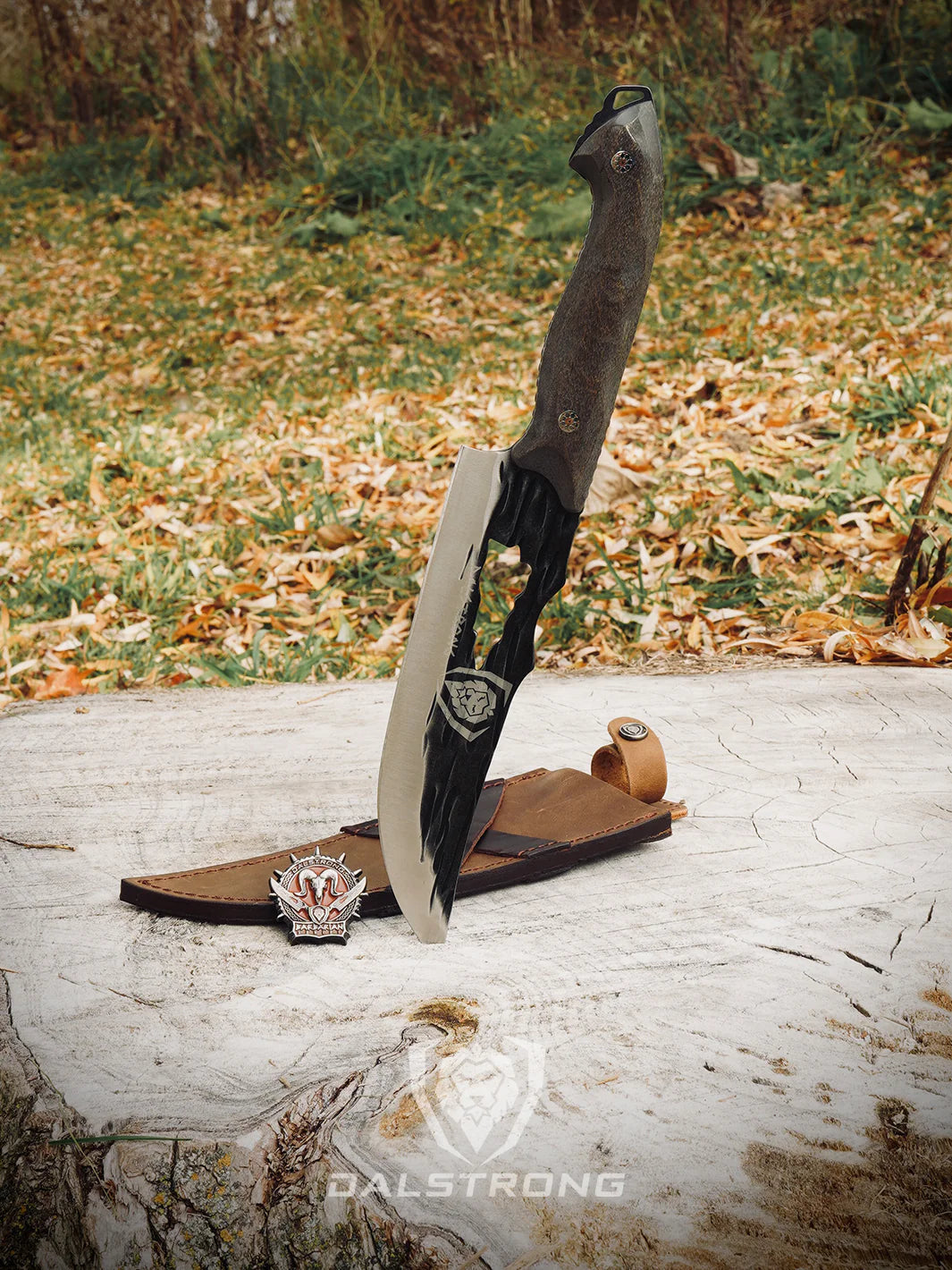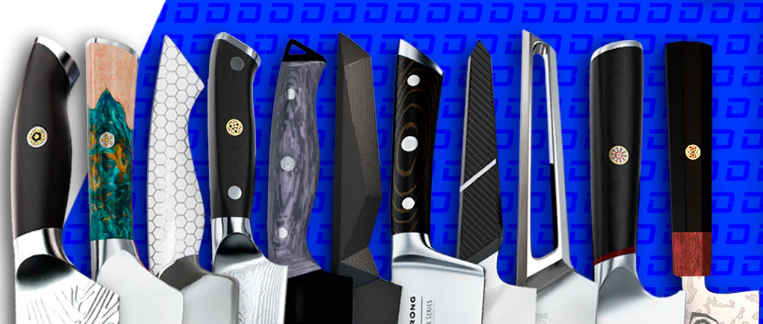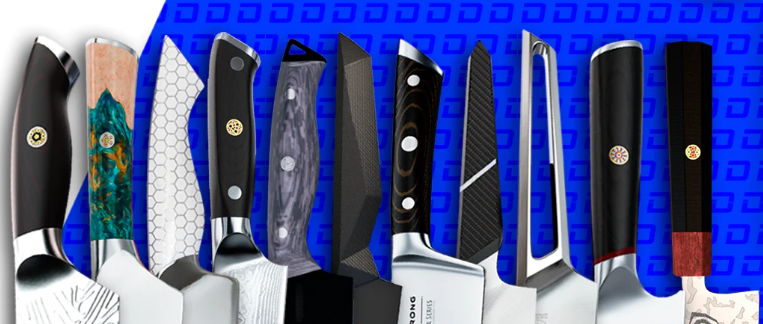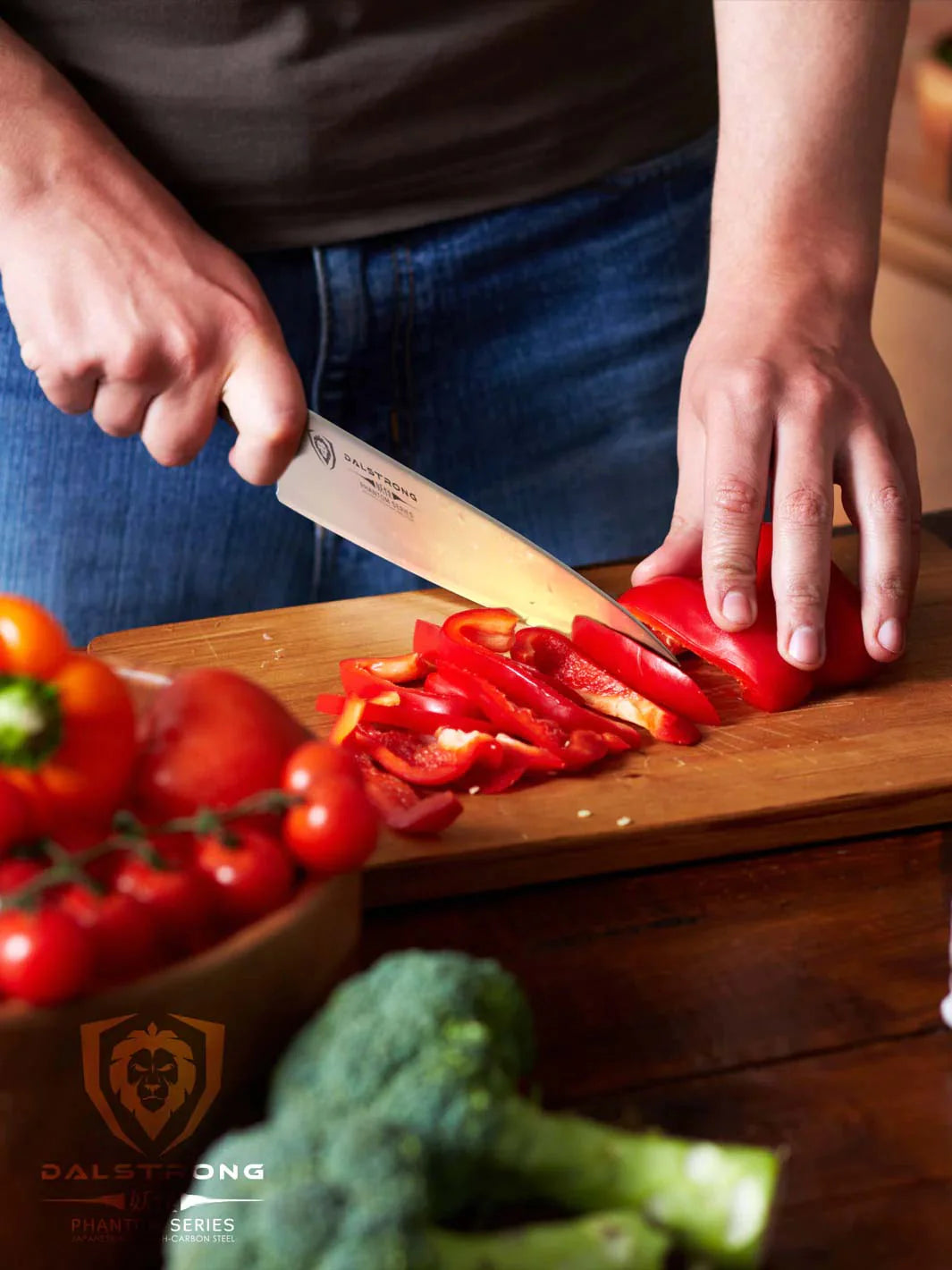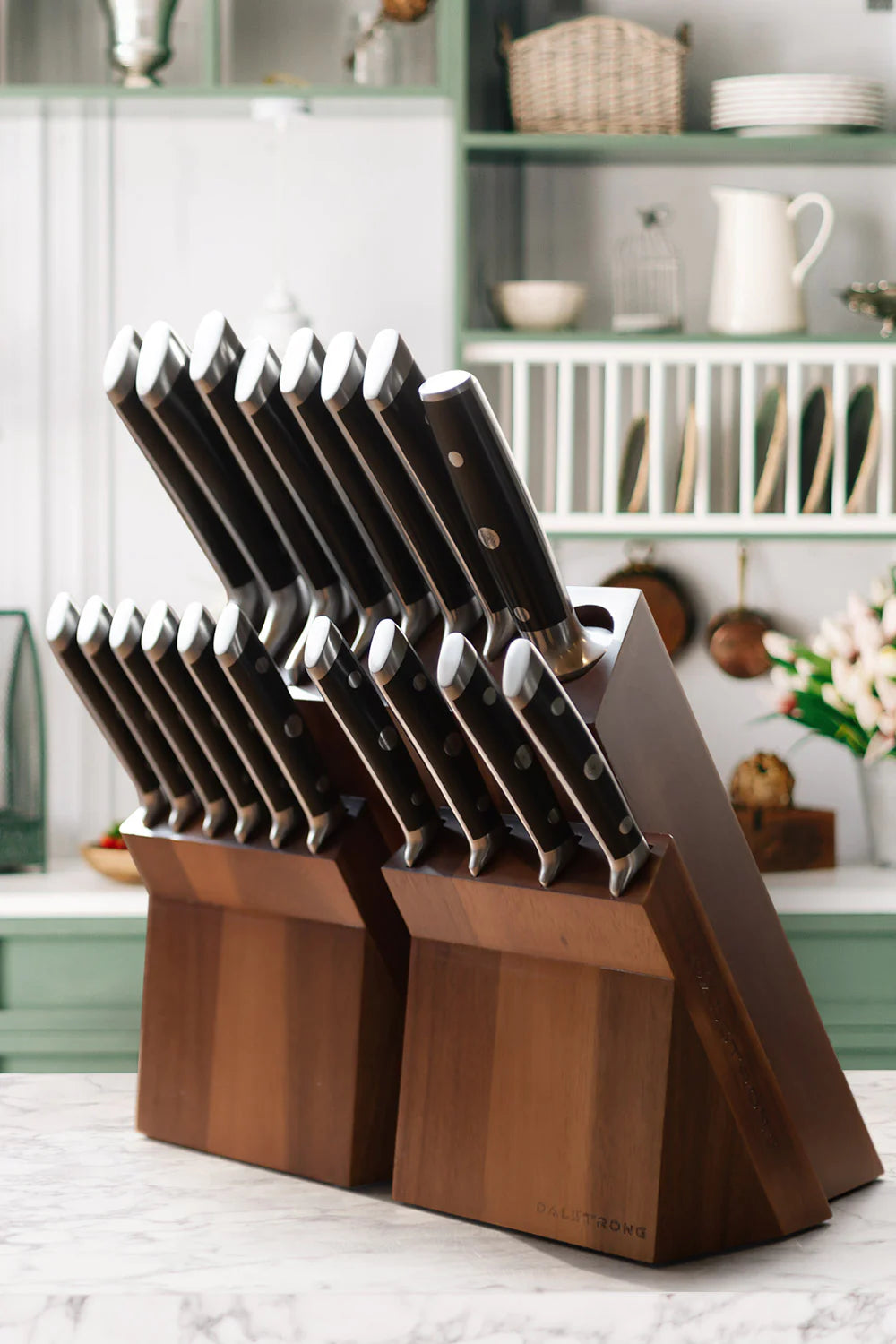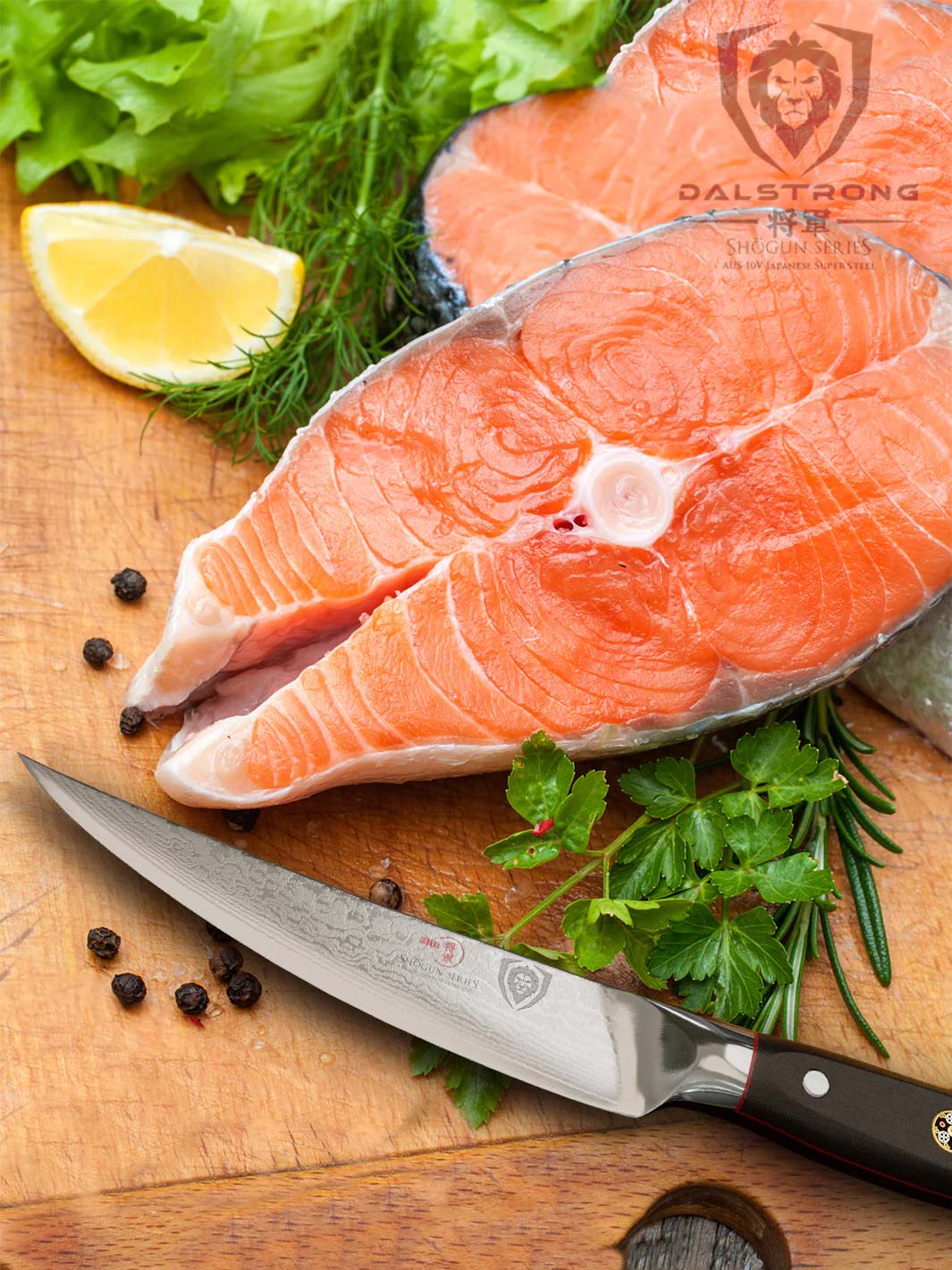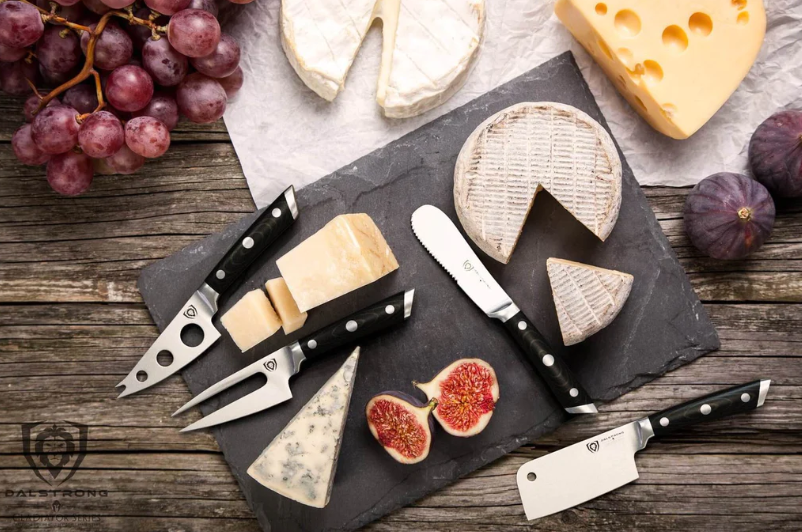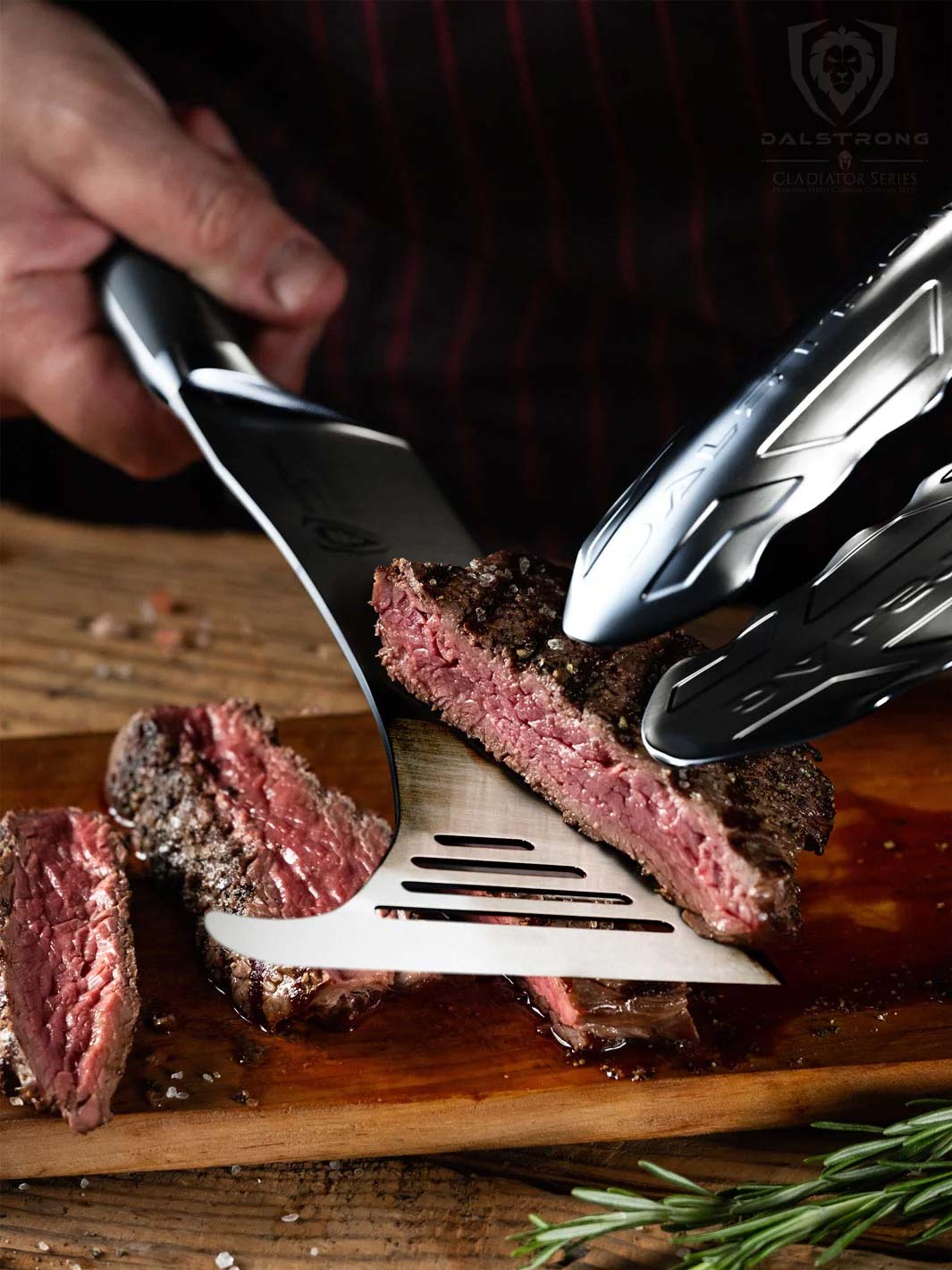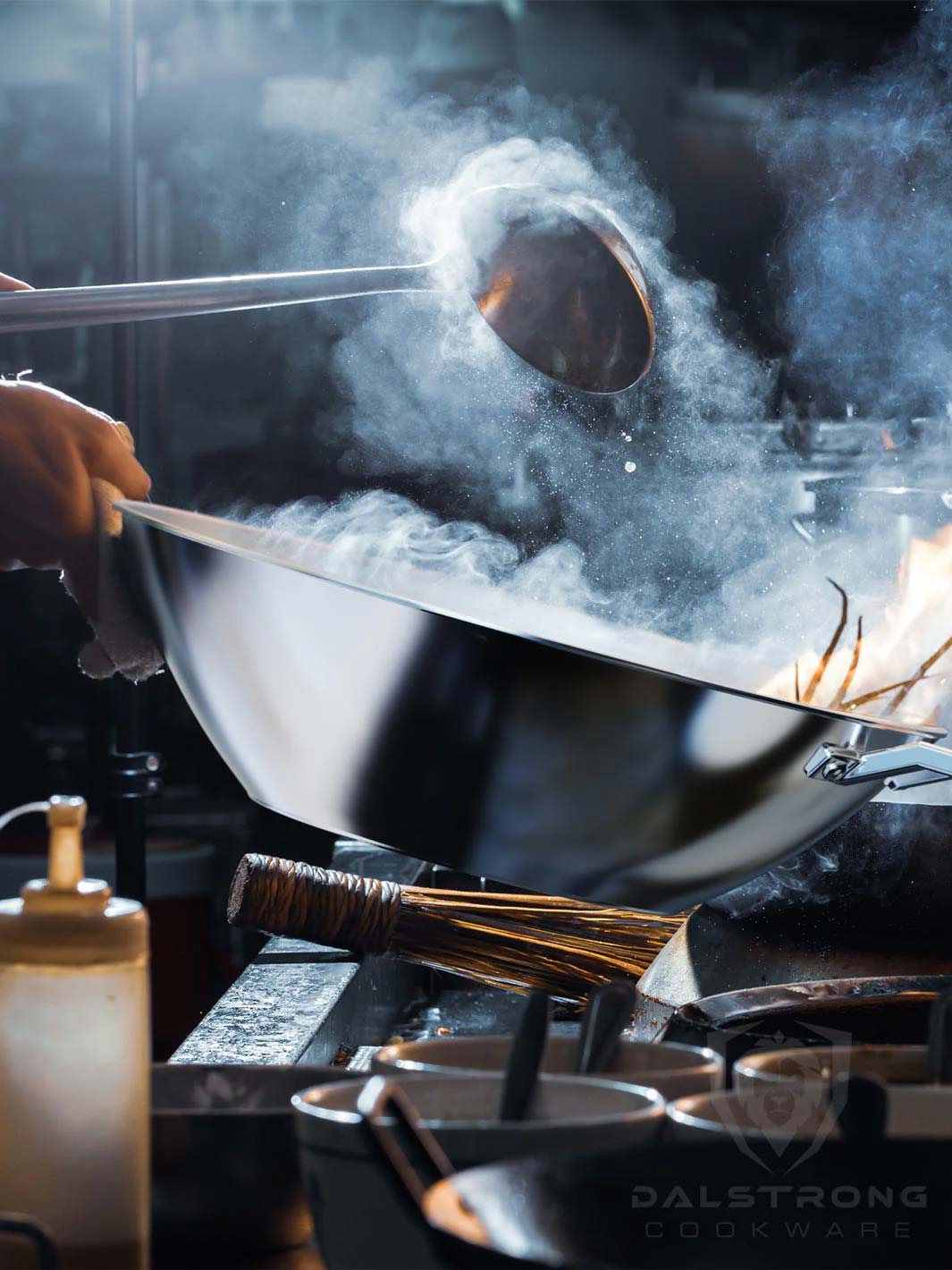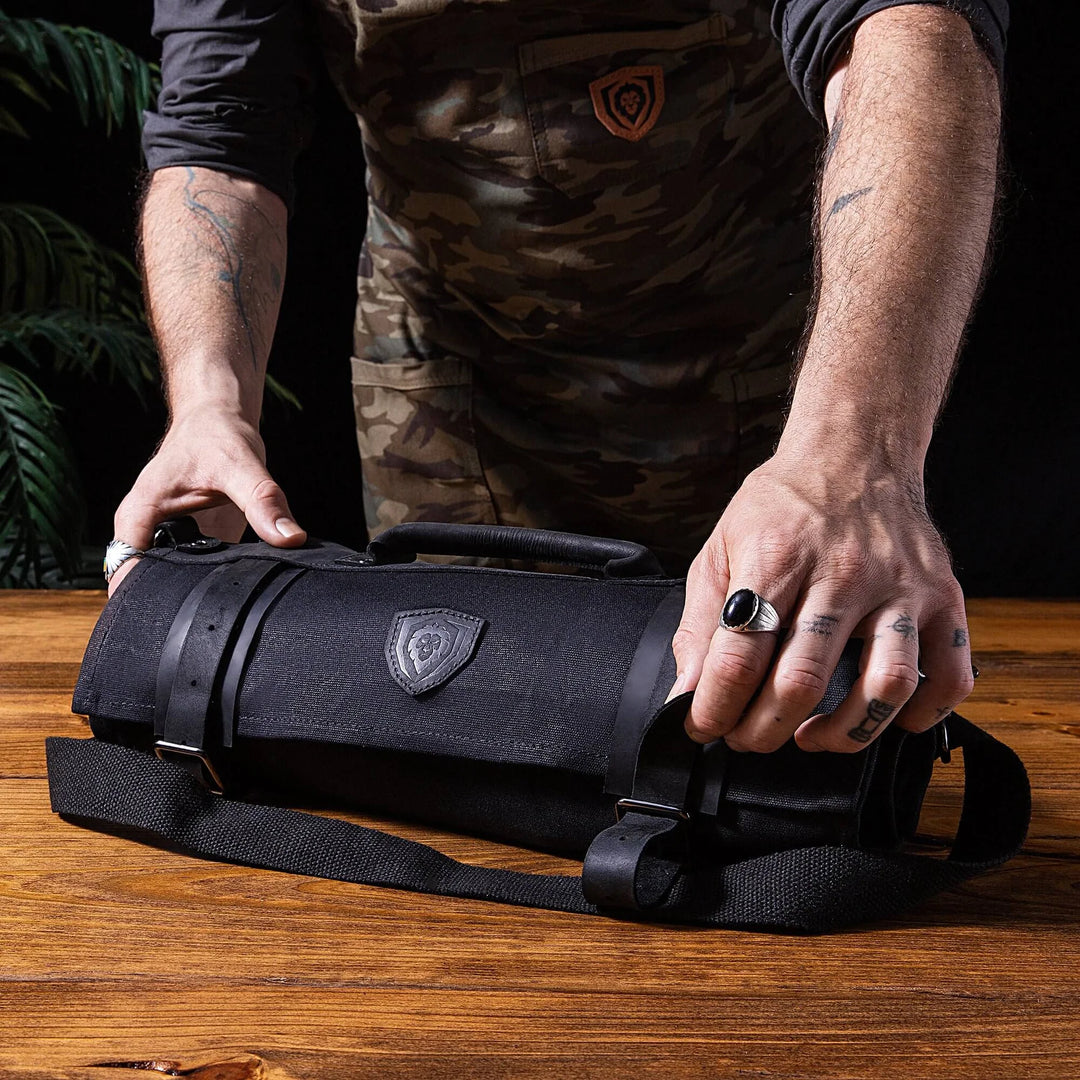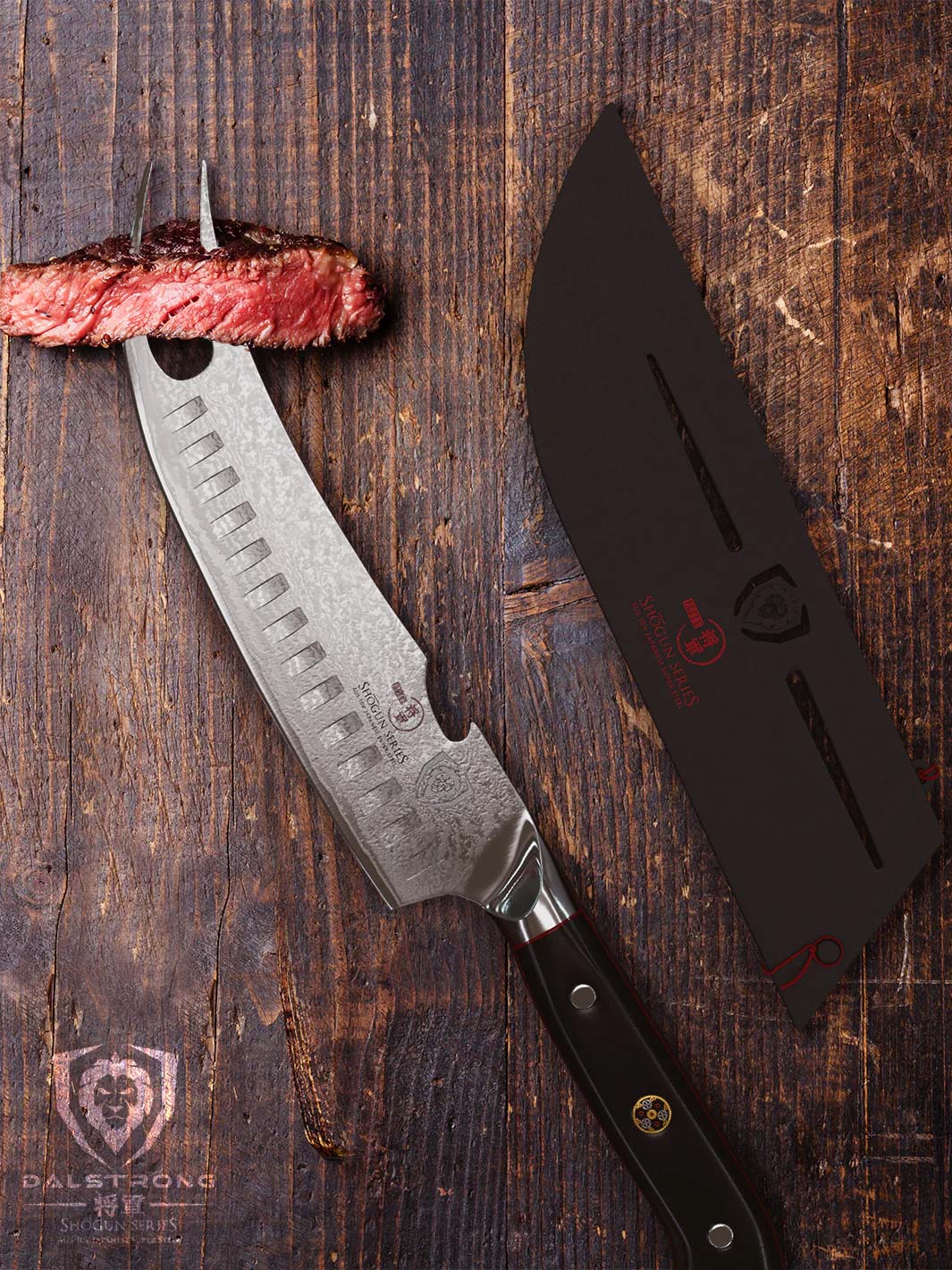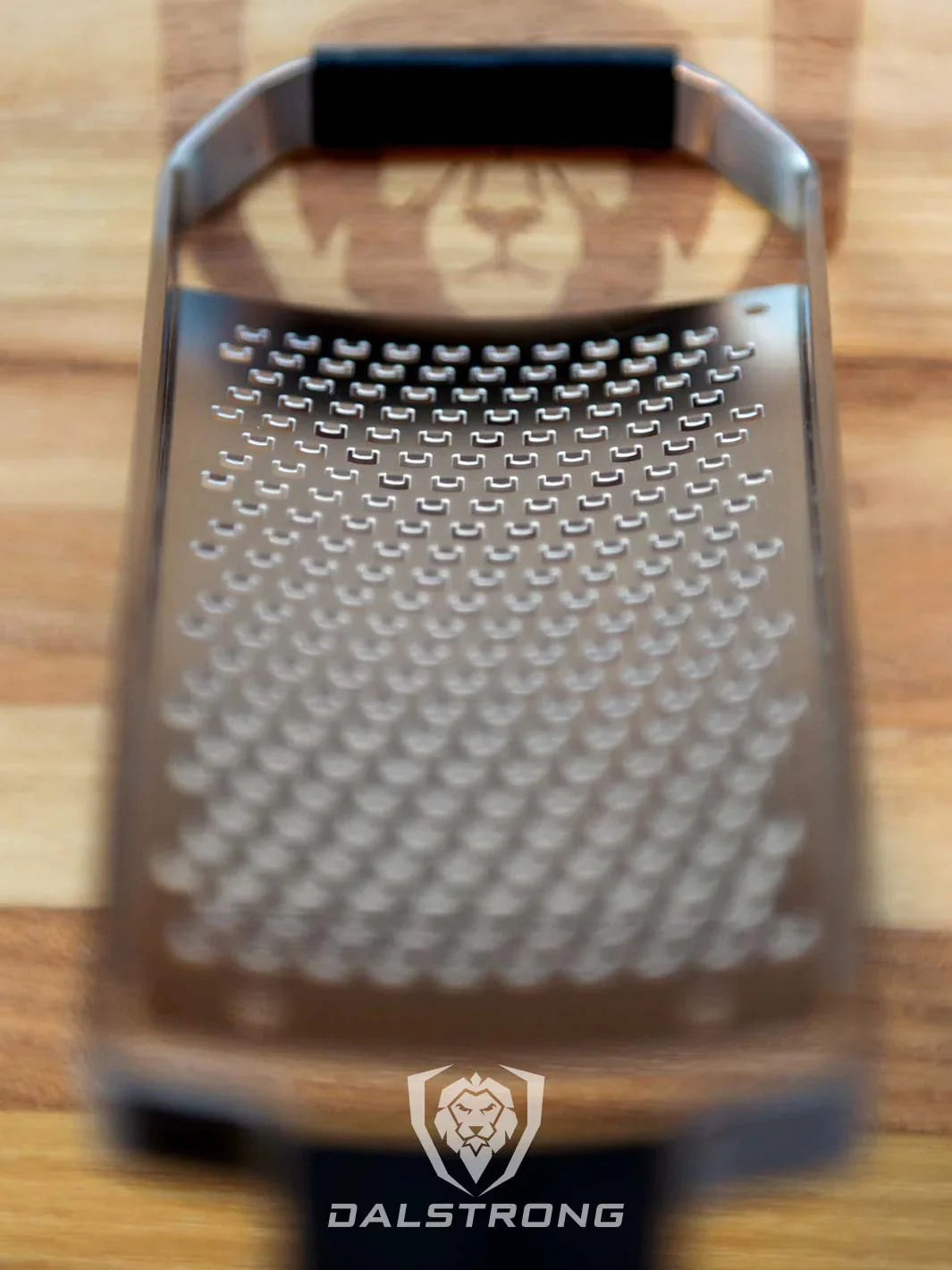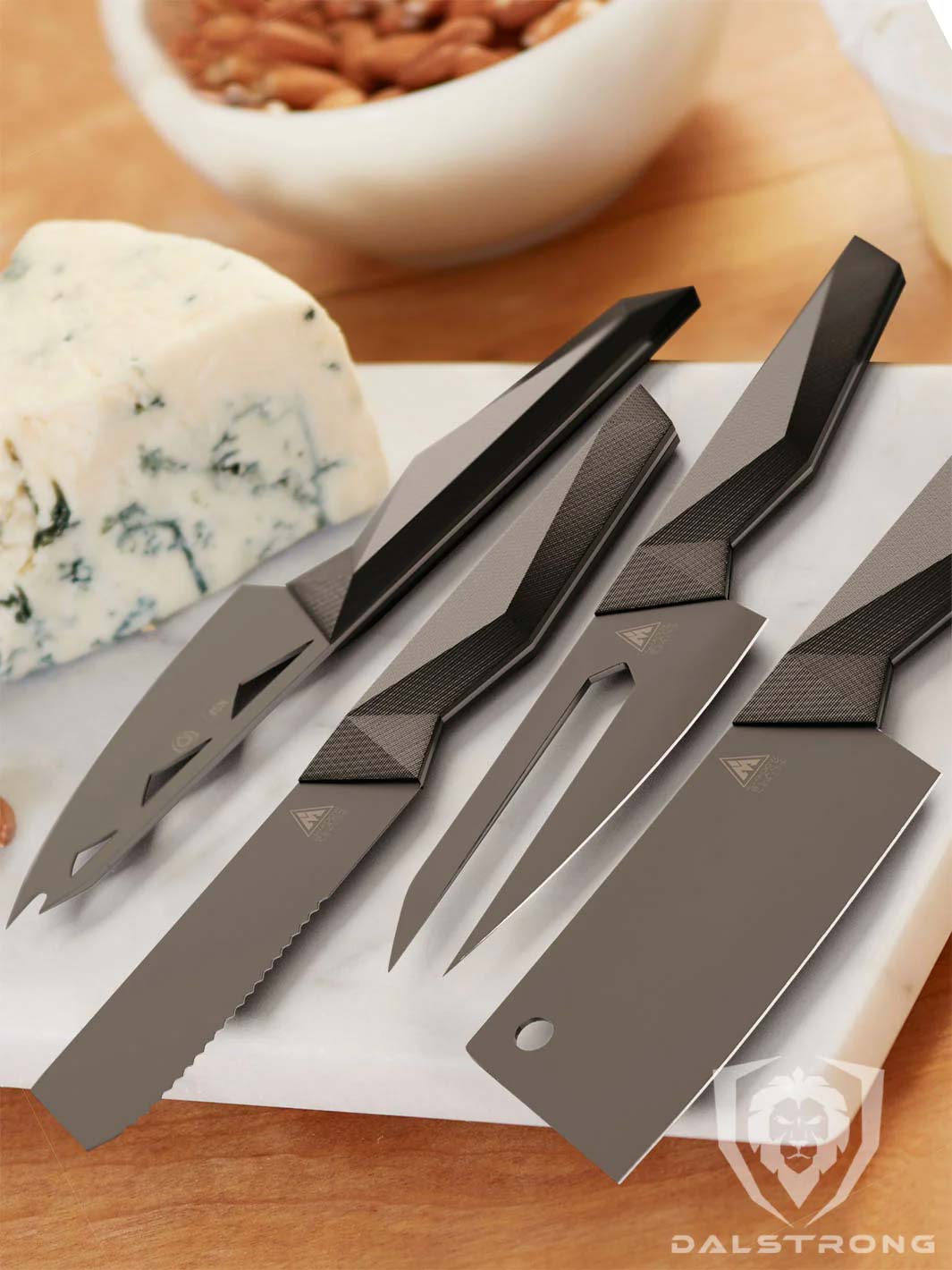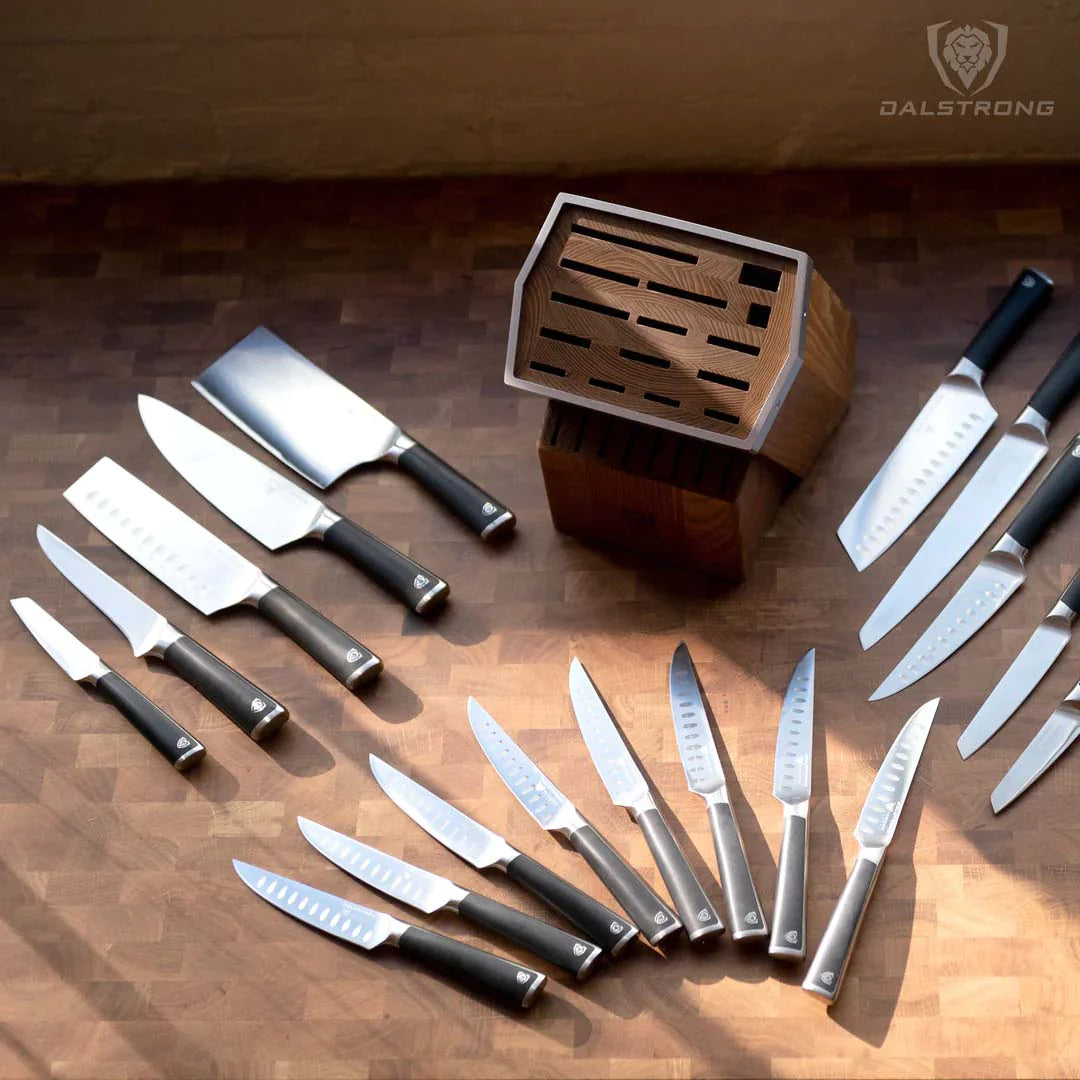Why Every Kitchen Needs a Cutting Board with a Handle
 Teak Cutting Board Lionswood Colossal
Teak Cutting Board Lionswood Colossal
The ultimate kitchen companion: the cutting board with handle. Say goodbye to awkwardly maneuvering your cutting board from counter to stove or sink, because this innovative kitchen essential is here to make your culinary adventures a breeze.
With its convenient built-in handle, this cutting board offers not only functionality but also style. Imagine effortlessly transporting your freshly chopped veggies or perfectly sliced meats with just a simple grab and go.
Whether you're a seasoned chef or a kitchen novice, the cutting board with handle is sure to become your new favorite tool. So, get ready to elevate your cooking game and say hello to a whole new level of convenience in the kitchen!
1. Advantages Of Owning A Cutting Board With Handle
 Teak Cutting Board Lionswood Colossal
Teak Cutting Board Lionswood Colossal
Owning a cutting board with a handle comes with several handy advantages. Firstly, it provides easy maneuverability. You can effortlessly transport your freshly chopped ingredients from the countertop to the stove or sink without any hassle.
Secondly, it promotes safety by giving you a firm grip on the board, reducing the risk of accidental slips or cuts.
Thirdly, it adds convenience during storage. Hang it on a hook or slide it into a narrow space — the handle makes it a breeze to store away neatly. Lastly, it's versatile.
Whether you're prepping veggies, slicing fruits, or carving meats, having a handle on your cutting board makes the whole process smoother and more efficient.
Read about the benefits of using a wooden cutting board, here.
2. How To Care And Preserve Cutting Board
Here's a on how to care for and preserve your cutting board:
Clean after each use
Wash your cutting board with hot, soapy water immediately after use. Use a sponge or soft brush to scrub away any food particles. Rinse thoroughly with clean water.
Avoid soaking
Never soak your cutting board in water or run it through the dishwasher. Excessive moisture can cause the wood to swell and warp.
Sanitize when needed
To sanitize your cutting board and eliminate any bacteria or odors, create a solution of equal parts water and vinegar or hydrogen peroxide. Wipe down the entire surface of the board with this solution and let it air dry.
Condition regularly
Every few weeks, apply a thin layer of food-safe mineral oil or beeswax to the surface of the cutting board. Use a clean cloth to rub the oil or wax into the wood, covering all sides and edges. This helps to prevent the wood from drying out and cracking.
Let it dry properly
After washing and sanitizing, allow your cutting board to air dry completely before storing it away. Avoid standing it upright while wet, as this can trap moisture and lead to bacterial growth.
Store properly
Store your cutting board in a dry, well-ventilated area away from direct sunlight and heat sources. If possible, store it vertically to allow for proper air circulation around all sides of the board.
Inspect regularly
Periodically check your cutting board for signs of wear, such as deep scratches or cracks. If you notice any damage, sand the surface lightly with fine-grit sandpaper and reapply mineral oil or beeswax as needed.
By following these steps, you can ensure that your cutting board remains clean, hygienic, and in excellent condition for years to come.
3. Recommended Dalstrong Cutting Boards With Handle
1. Teak Cutting Board Lionswood Colossal
The Teak Cutting Board Lionswood Colossal is a substantial and impressive kitchen essential, meticulously crafted from sustainably sourced teak wood. Teak Cutting Board Lionswood Colossal, a premium addition to your kitchen arsenal designed to elevate your culinary experience.
PROS:
- Teak wood is renowned for its durability and resistance to moisture, making this cutting board exceptionally long-lasting.
- Provides a forgiving surface that is gentle on knife blades, helping to maintain their sharpness for longer.
- Whether you're slicing fruits, chopping vegetables, or carving meats, the Teak Cutting Board Lionswood Colossal can handle it all with ease.
- Simply hand wash with mild soap and water after each use, and periodically treat with food-safe mineral oil to maintain its beauty and integrity.
CONS:
- Due to its substantial size and thickness, this cutting board may be heavier and more cumbersome to handle, especially for individuals with limited strength or mobility.
2. Teak Cutting Board Lionswood
The Teak Cutting Board Lionswood is a premium kitchen essential that combines beauty with functionality. Crafted from sustainably sourced teak wood, it boasts a sleek and smooth surface that enhances any kitchen decor.
PROS:
- Teak wood is renowned for its durability and resistance to moisture, ensuring that this cutting board will withstand years of use without warping or cracking.
- The dense grain of teak wood helps preserve knife sharpness over time.
- Teak wood contains natural oils that inhibit the growth of bacteria, making it a safe and hygienic choice for food preparation.
- The Teak Cutting Board Lionswood is up to any kitchen task, making it a versatile addition to any kitchen.
CONS:
- Like all wooden cutting boards, teak requires regular oiling.
3. Infinity Series Large Fibre Cutting Board
Introducing the Infinity Series Large Fibre Cutting Board, a cutting-edge addition to your culinary arsenal designed to revolutionize your food prep experience and engineered for performance and durability.
PROS:
- Made from high-quality fiber materials, this cutting board is built to last, resisting scratches, stains, and odors for long-term use.
- The gentle yet durable surface of the Infinity Series Large Fibre Cutting Board is kind to knife blades, helping to maintain their sharpness over time.
- The non-porous surface prevents the absorption of liquids and bacteria, ensuring a clean and sanitary food preparation environment.
- Simply hand wash with soap and water or toss it in the dishwasher for hassle-free cleanup, saving you time and effort.
CONS:
- While the Infinity Series Large Fibre Cutting Board offers ample surface area, some users may prefer a thicker cutting board for added stability and durability.
4. Frequently Asked Questions
Do charcuterie boards have handles?
Charcuterie boards typically don't have handles, prioritizing presentation over portability. However, cheese boards and serving boards often feature handles for easy carrying. Chopping boards, designed for food prep, typically lack handles to maximize the cutting surface. Ultimately, the presence of handles depends on the intended use of the board, whether for slicing meats and cheeses or for presentation and serving purposes.
What is cutting board used for?
Cutting boards serve multiple purposes in the kitchen. They're primarily used for chopping, slicing, and dicing ingredients during food preparation. Additionally, they can double as serving boards for presenting cheese, charcuterie, or appetizers. Some cutting boards, like pizza boards or carving boards, are designed for specific tasks, while others serve as versatile kitchen accessories suitable for various culinary needs.
How do you cut a cutting board handle?
To cut a handle into a cutting board, mark the desired handle shape on the board's surface. Use a saw suitable for the material, whether it's metal or wood like walnut or acacia. Carefully cut along the marked lines, ensuring smooth edges. Sand the handle area for a polished finish. This process is common for creating serving boards with handles or cutting and serving boards, especially with acacia wood or round cutting boards.






















































































































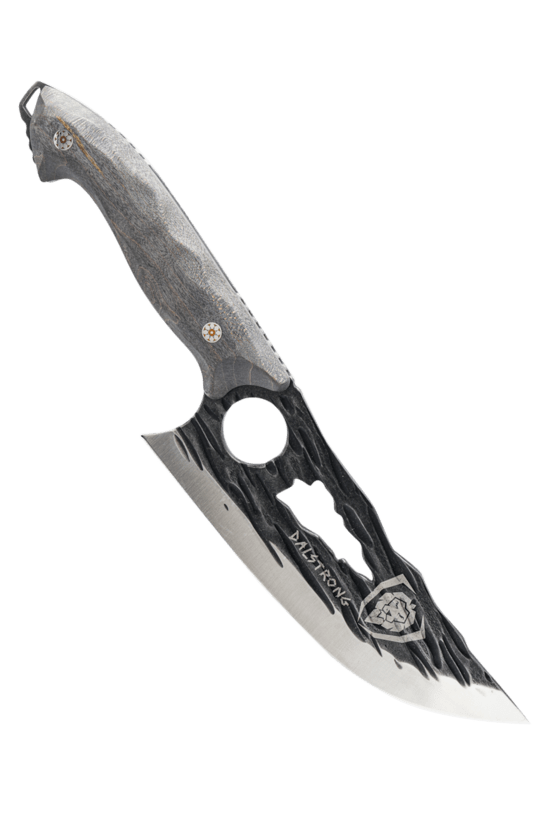

























 Teak Cutting Board Lionswood
Teak Cutting Board Lionswood

















































